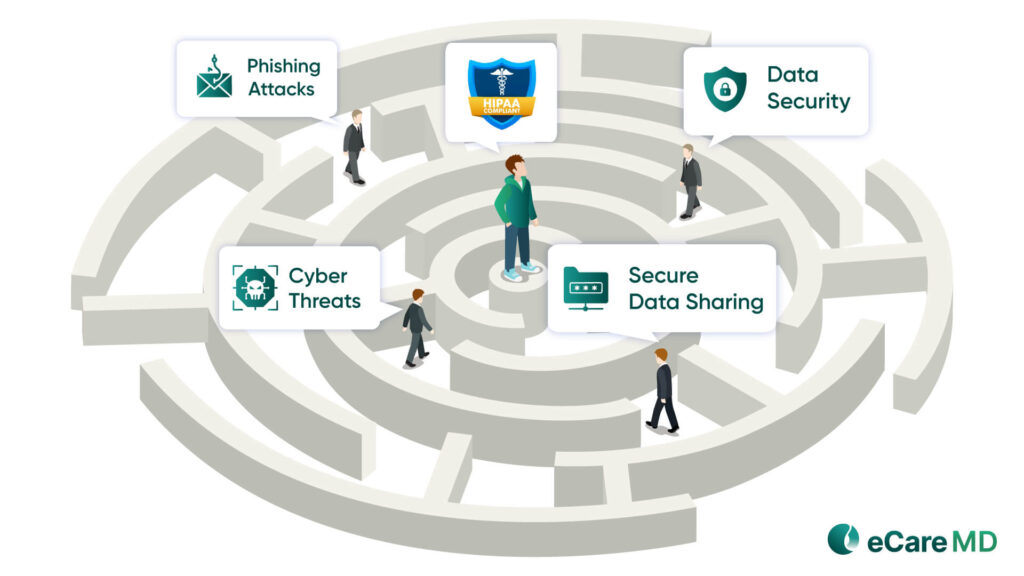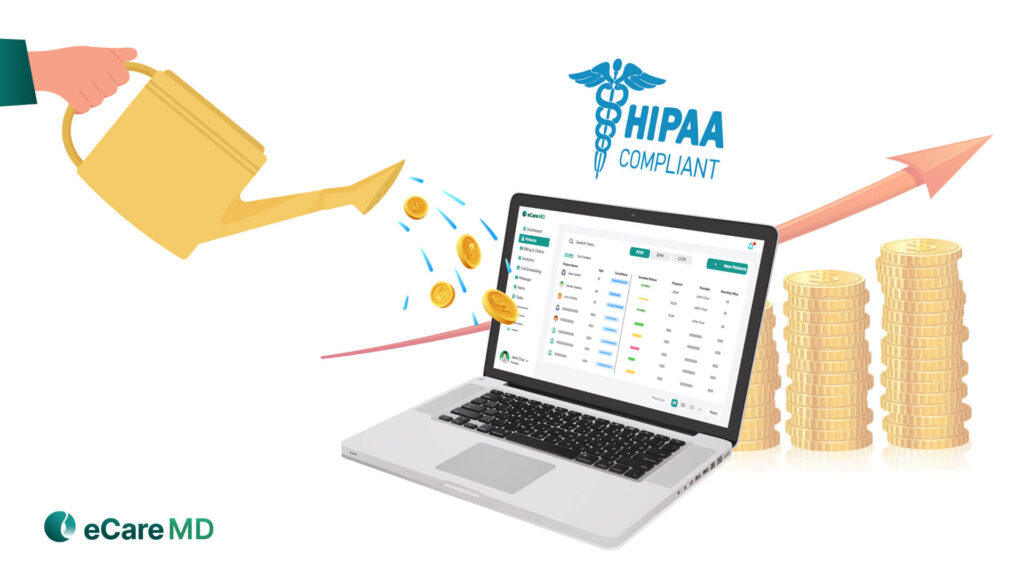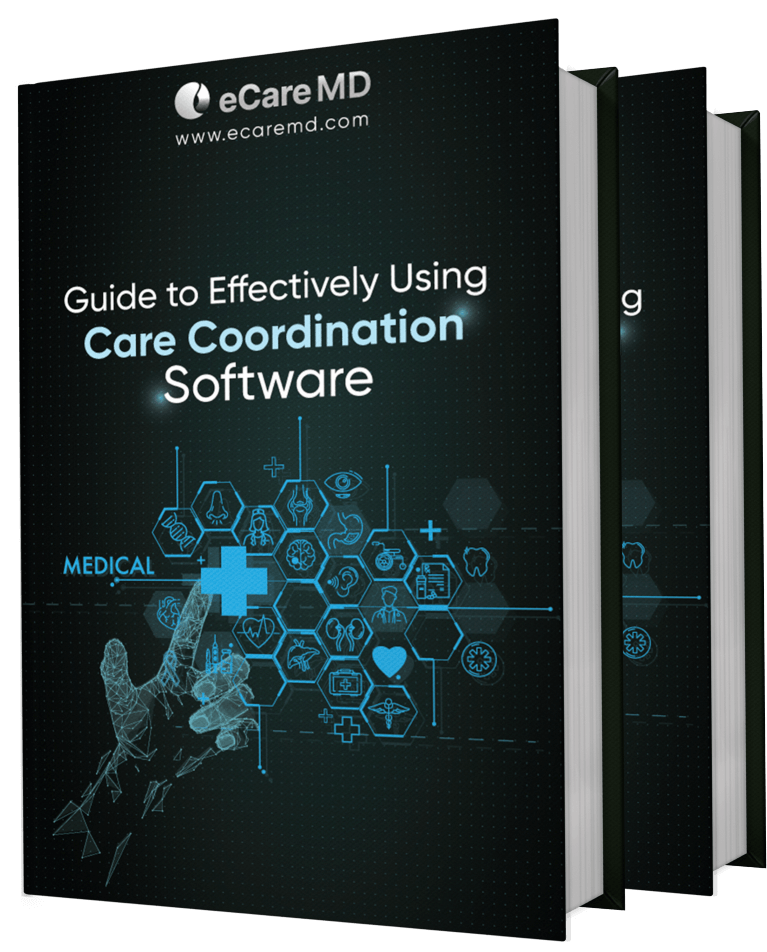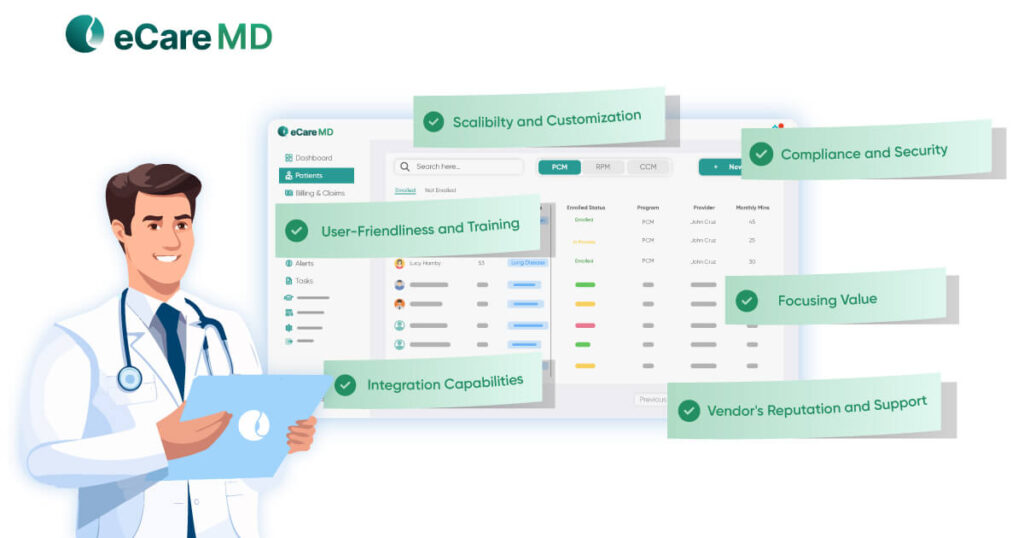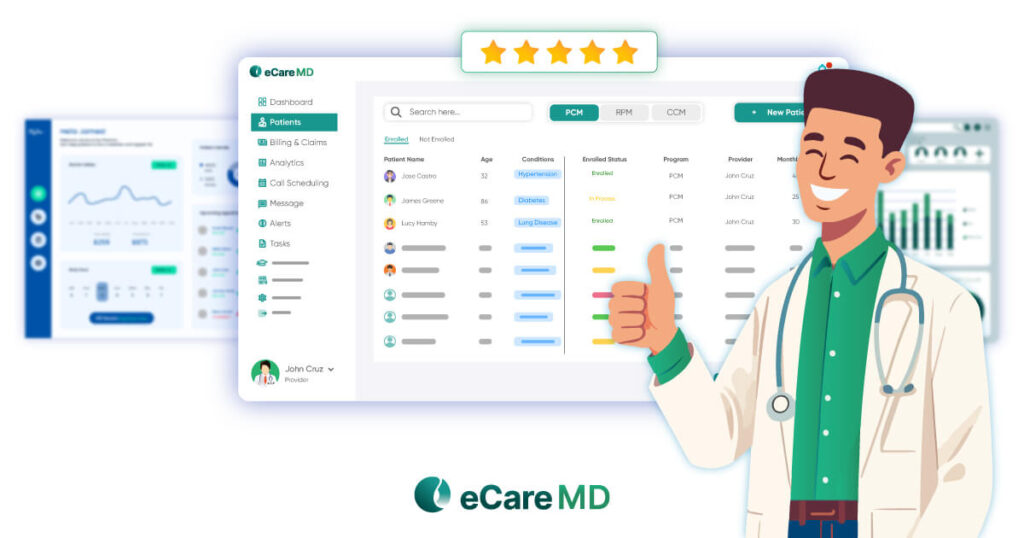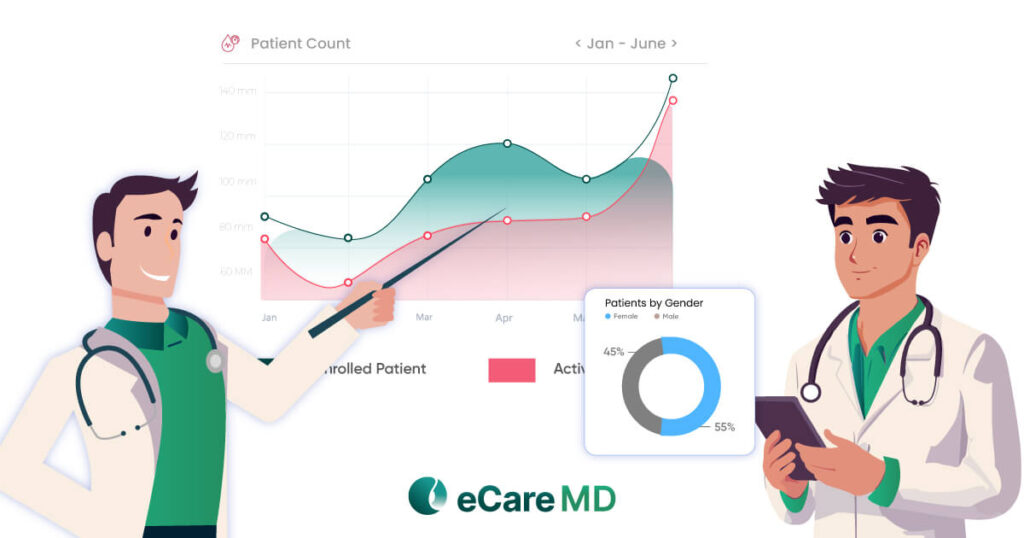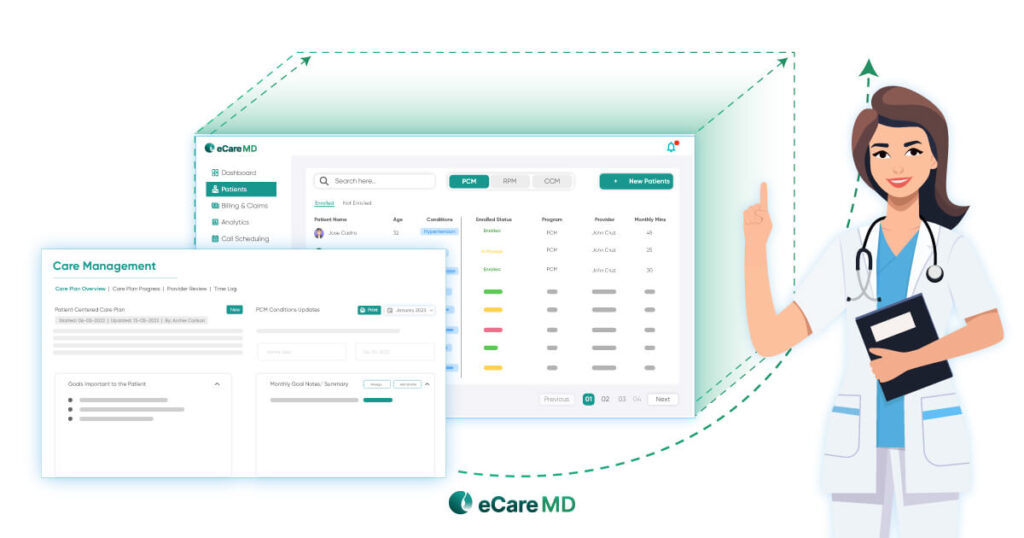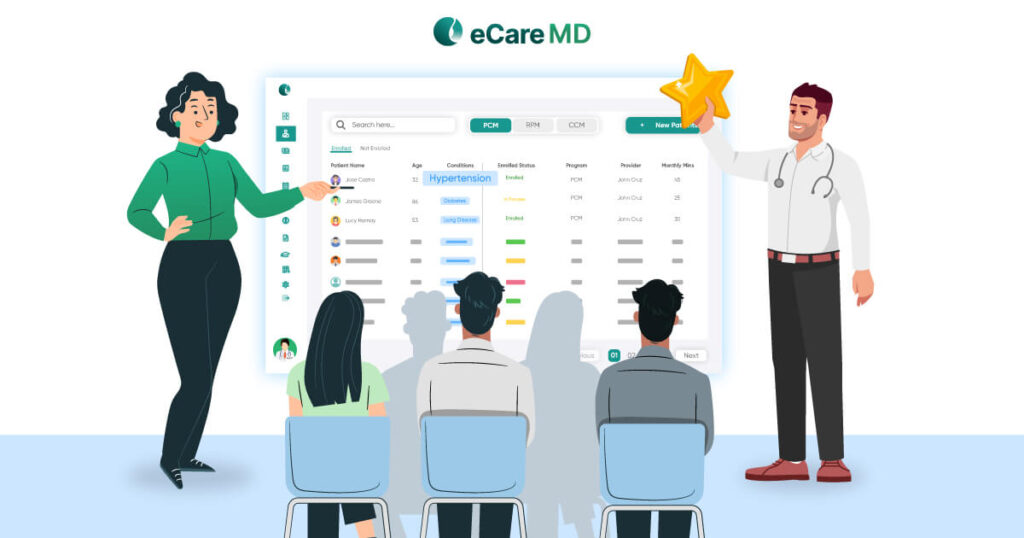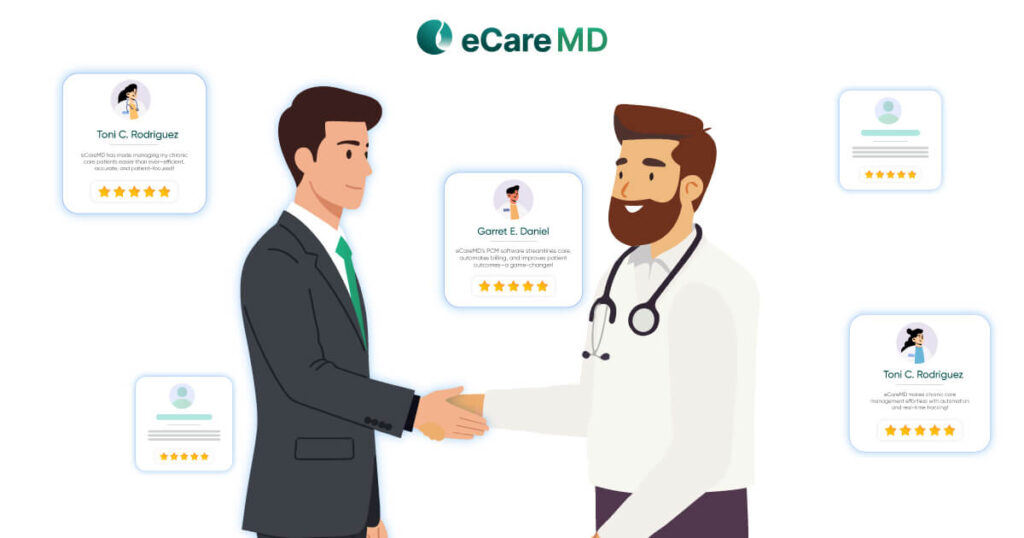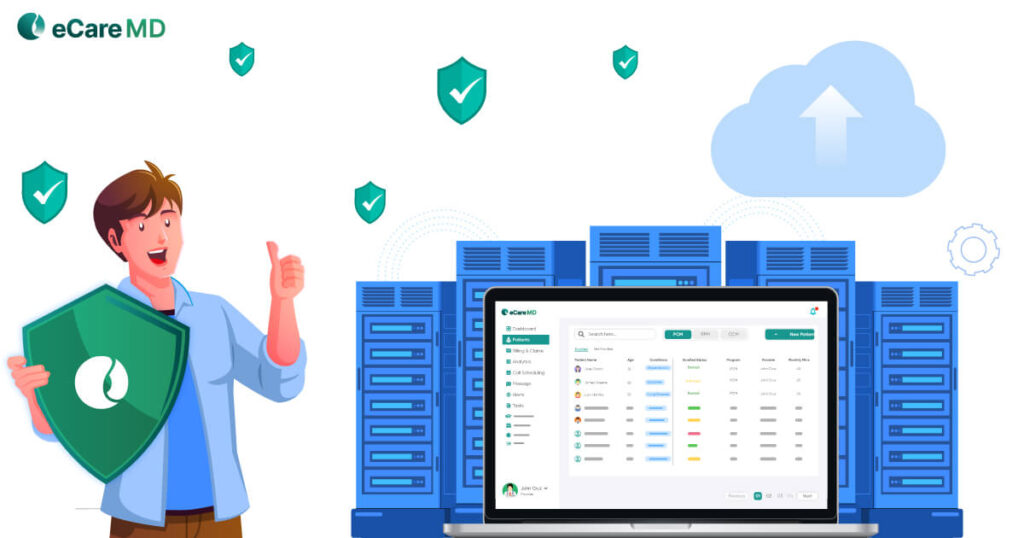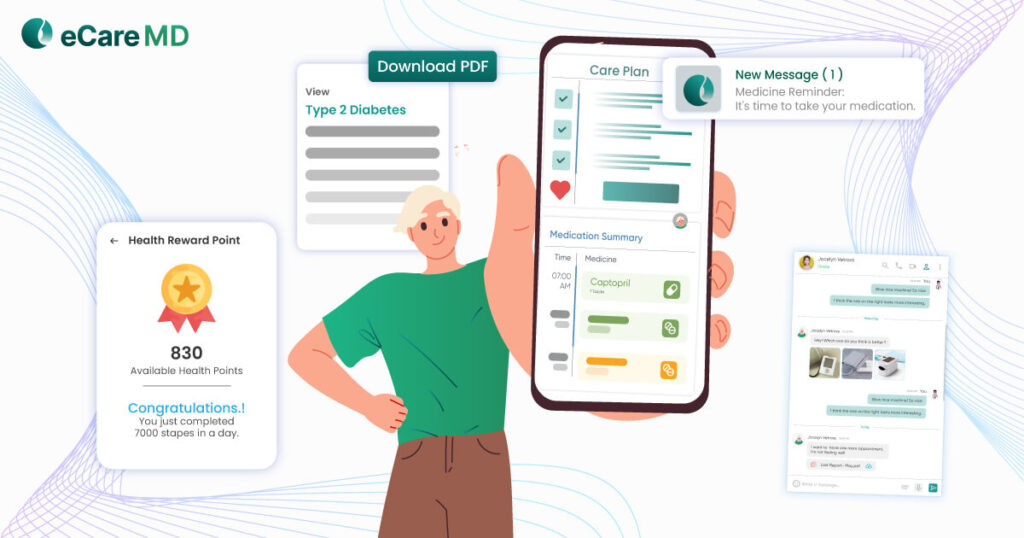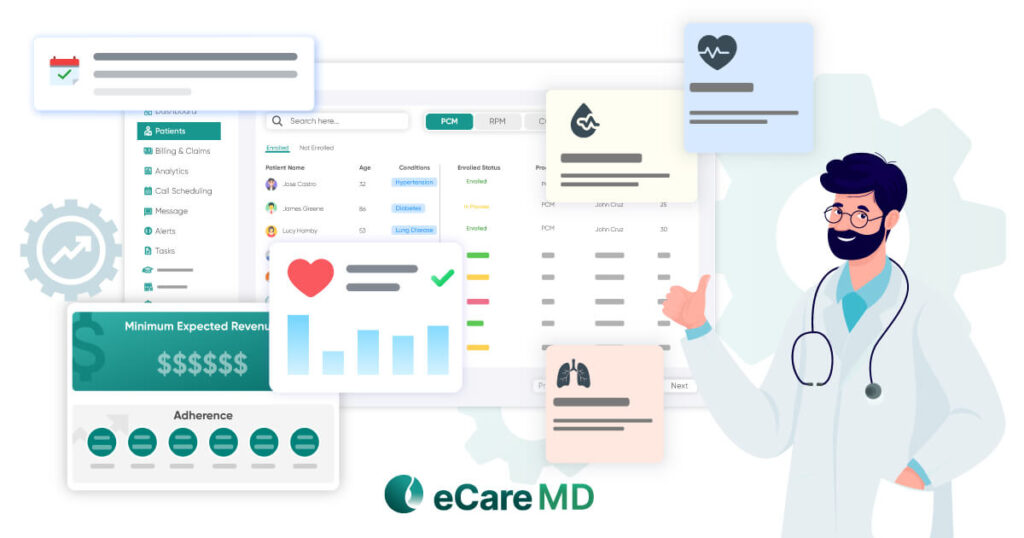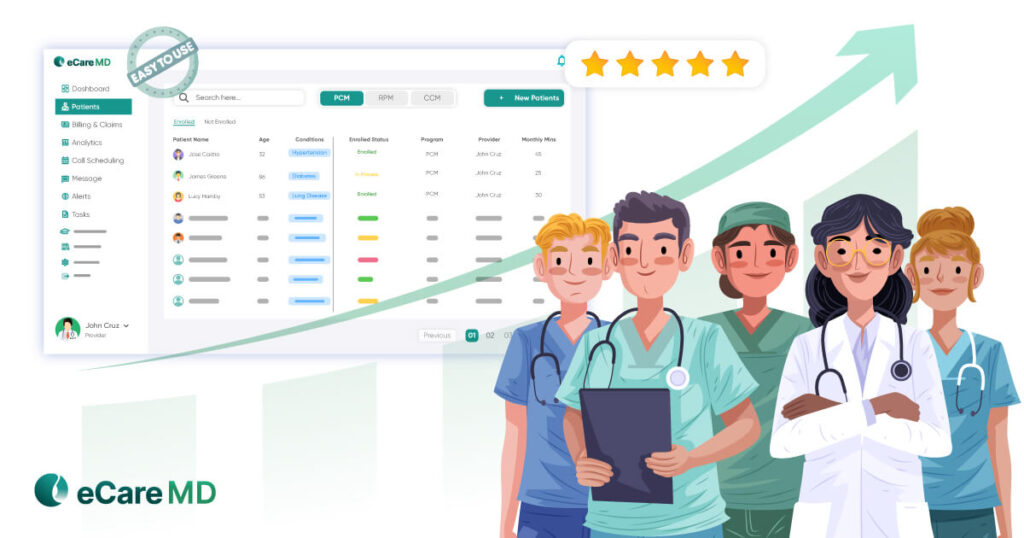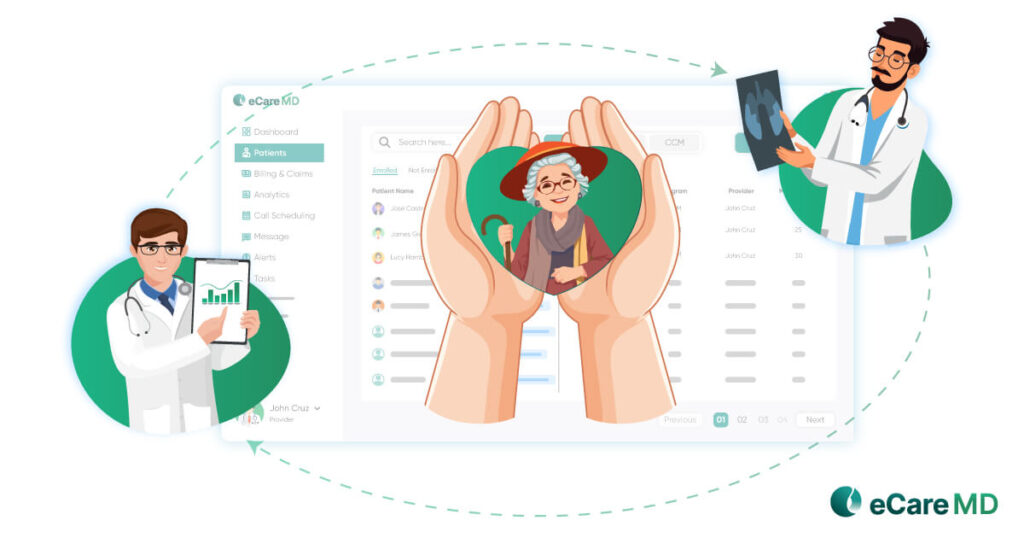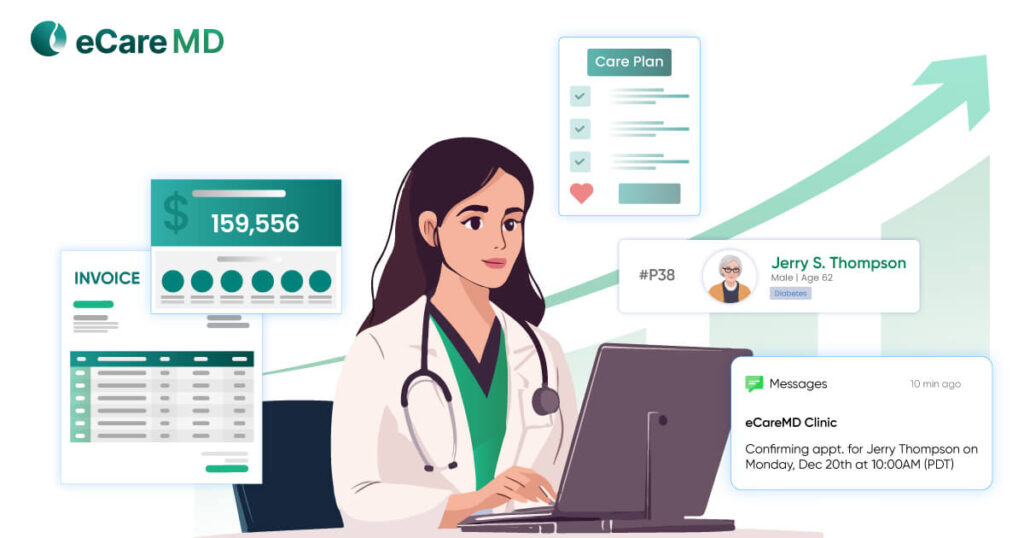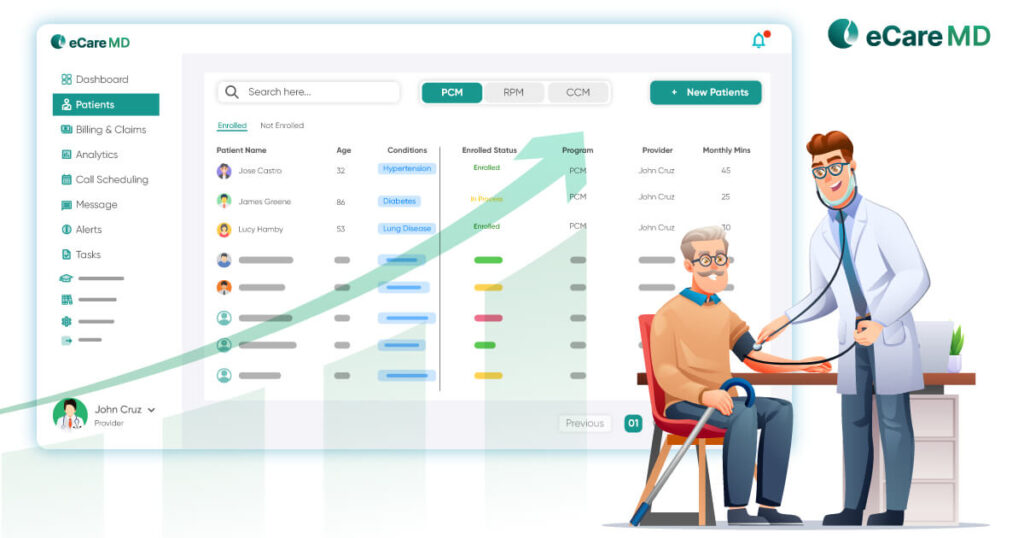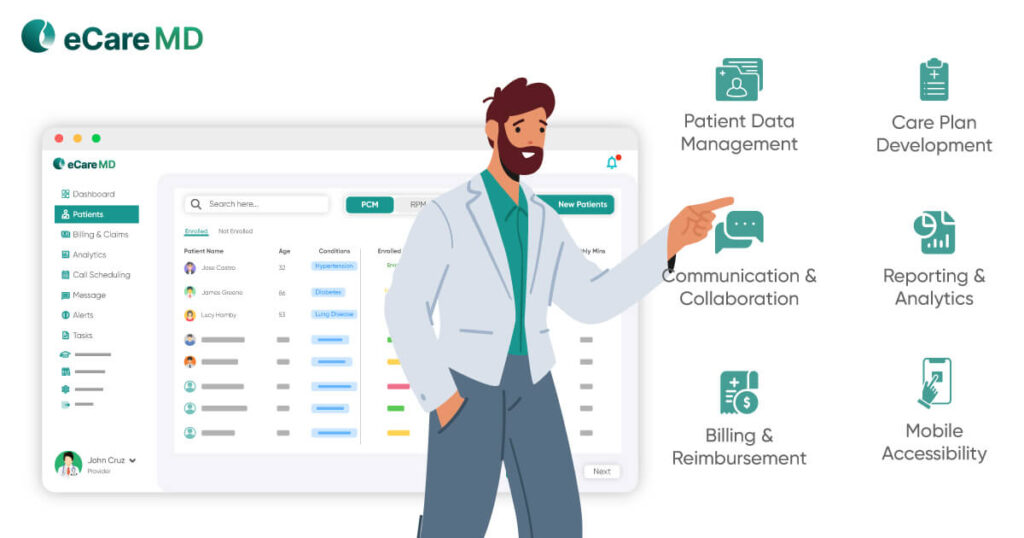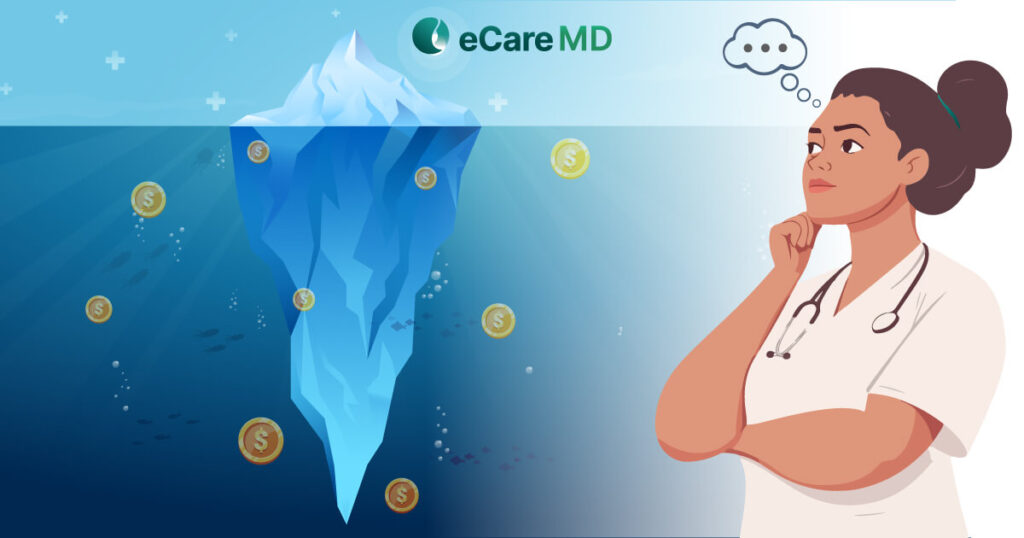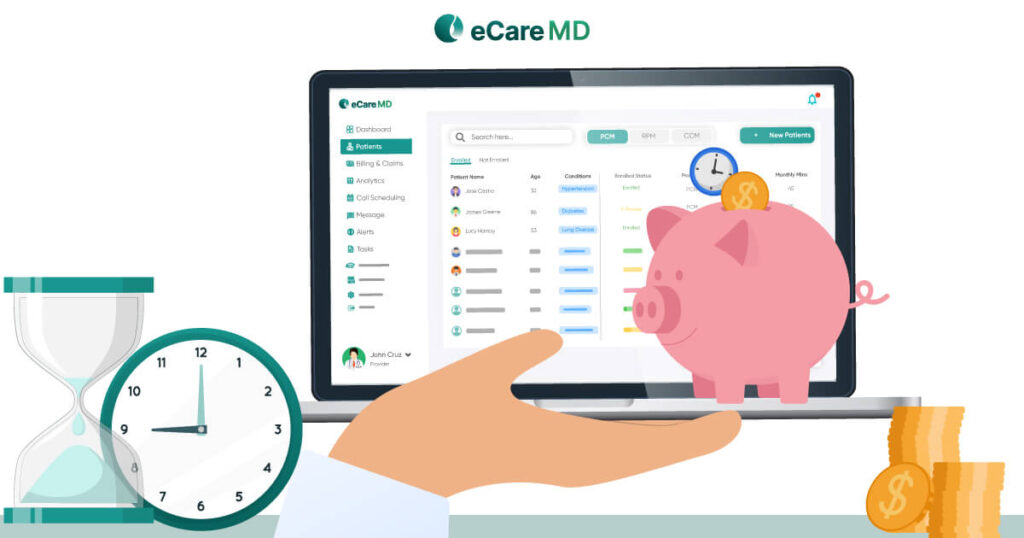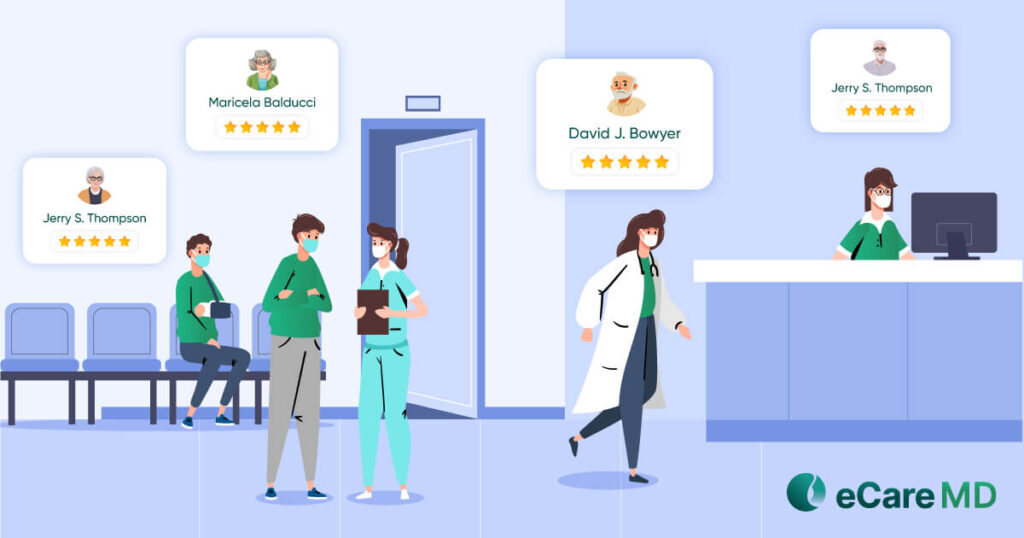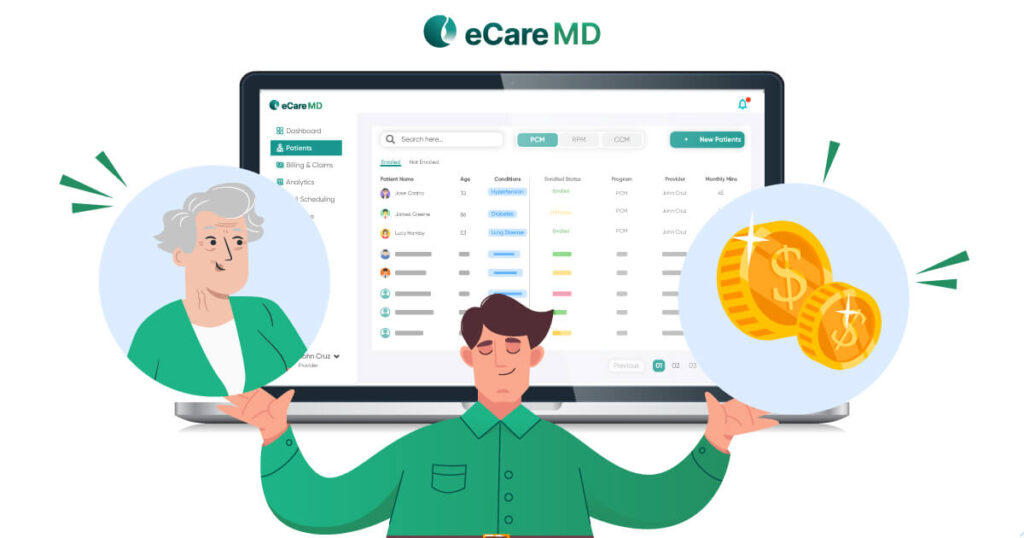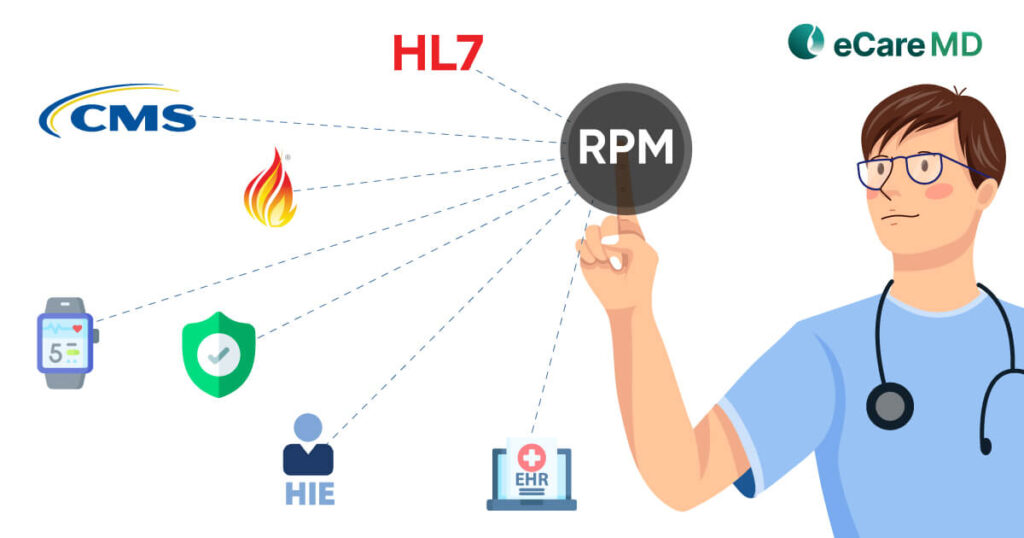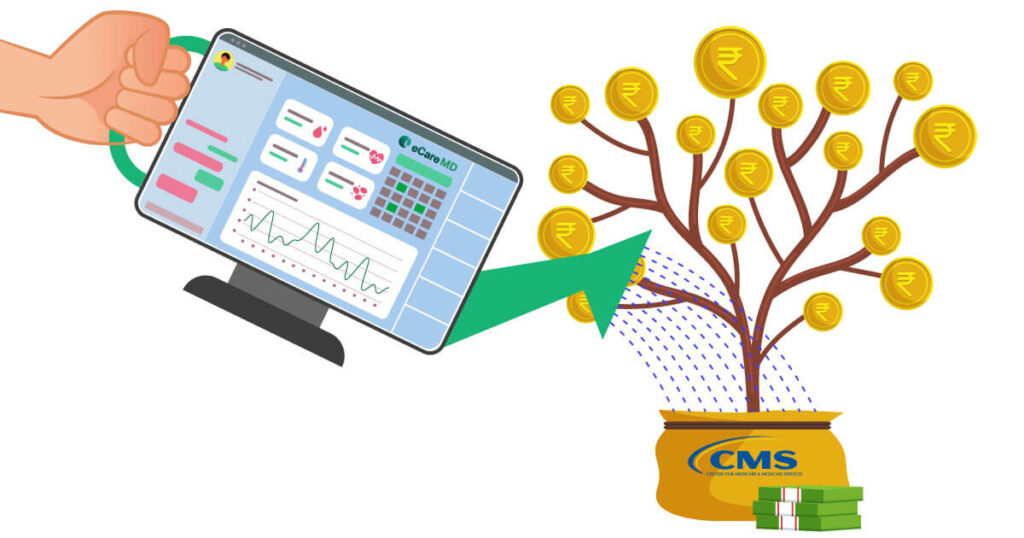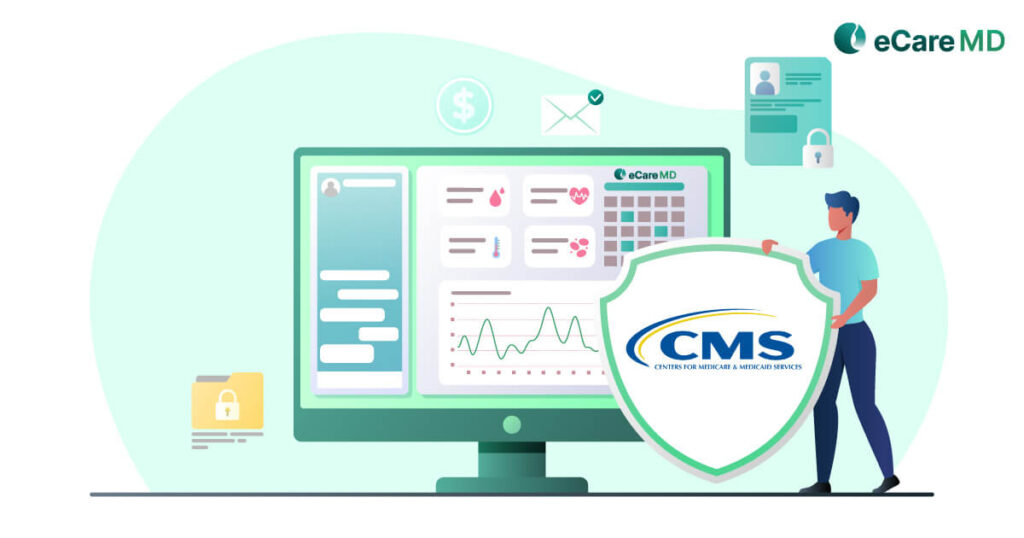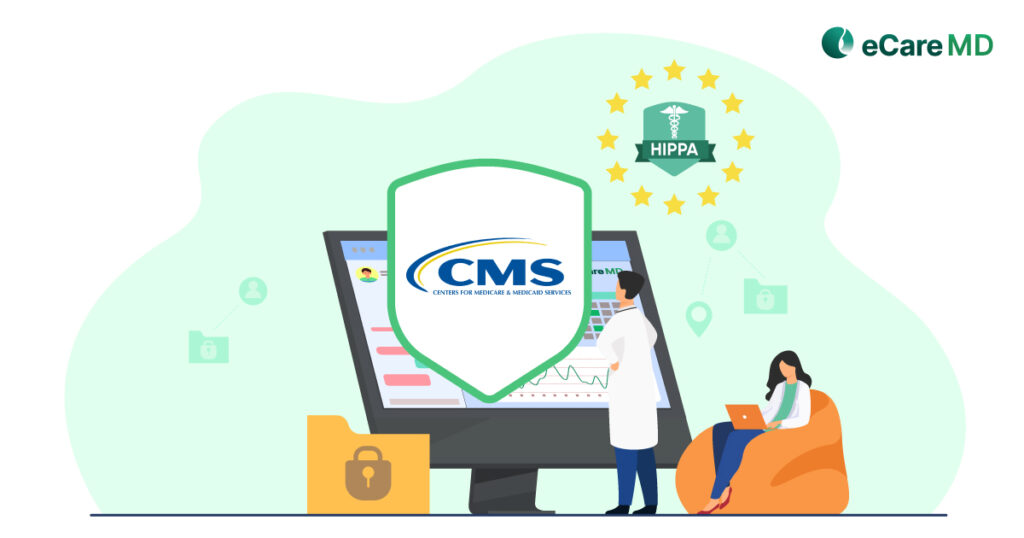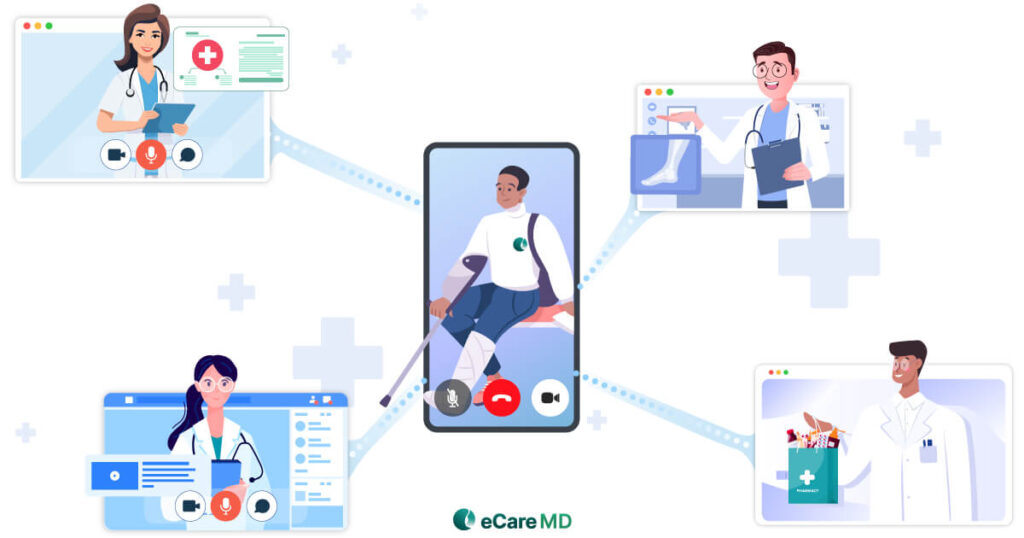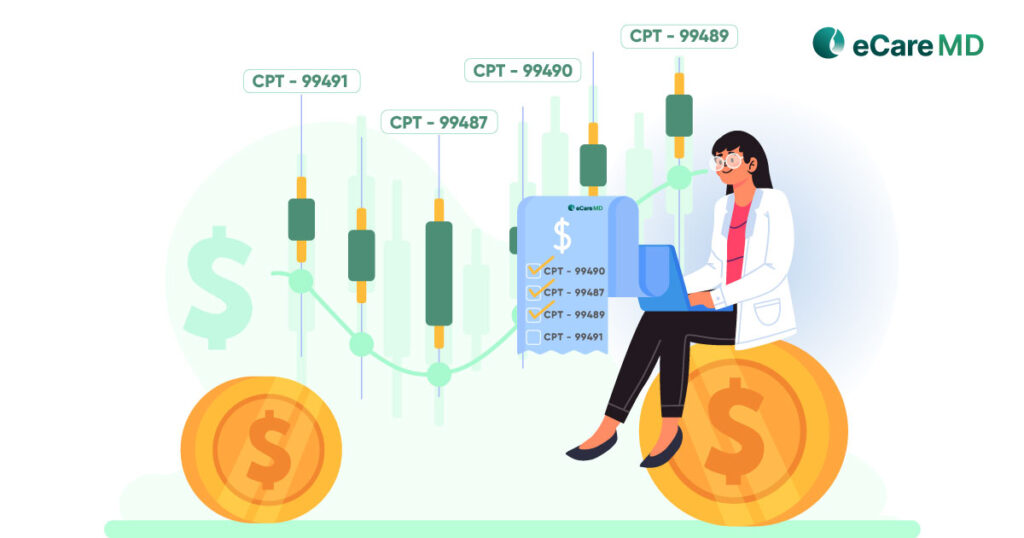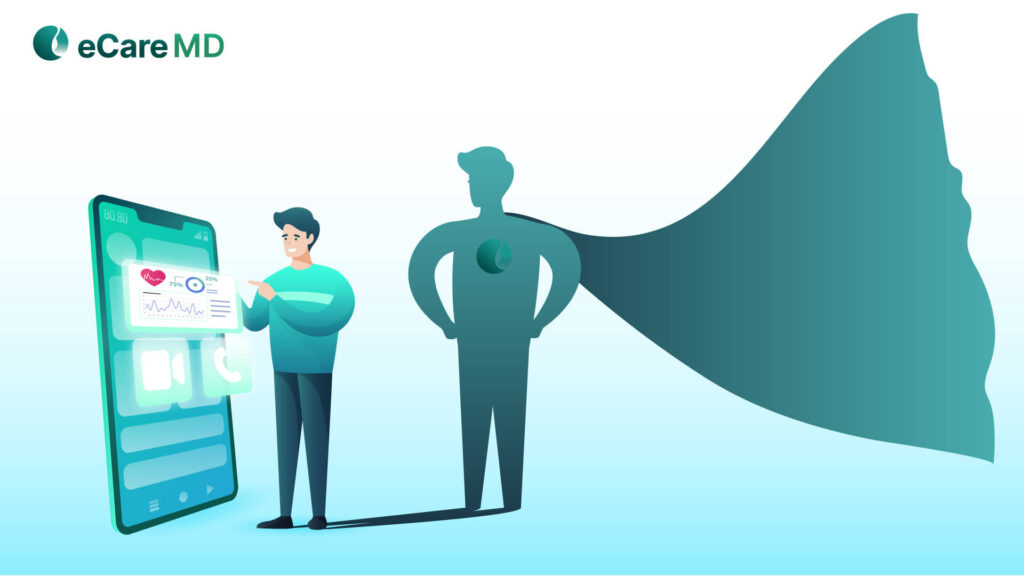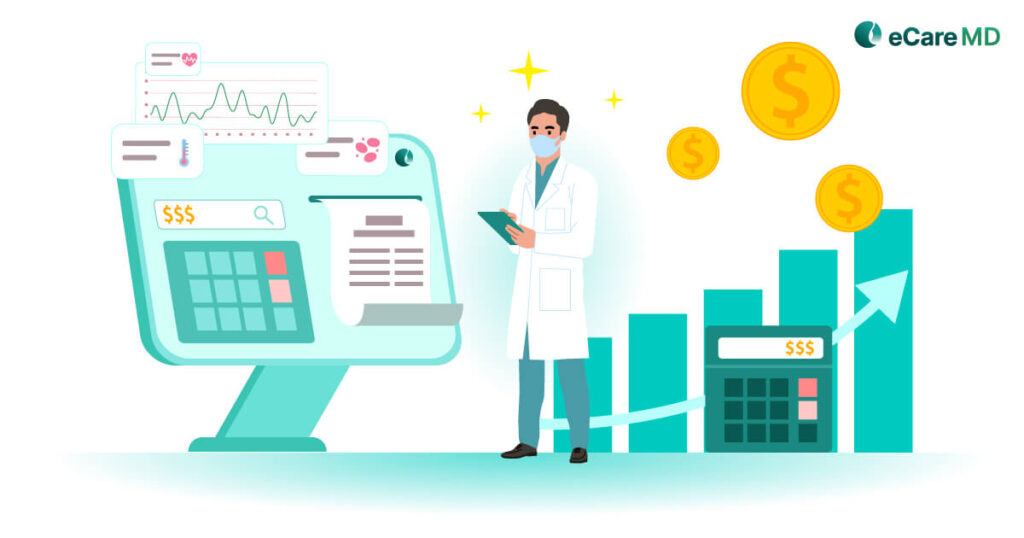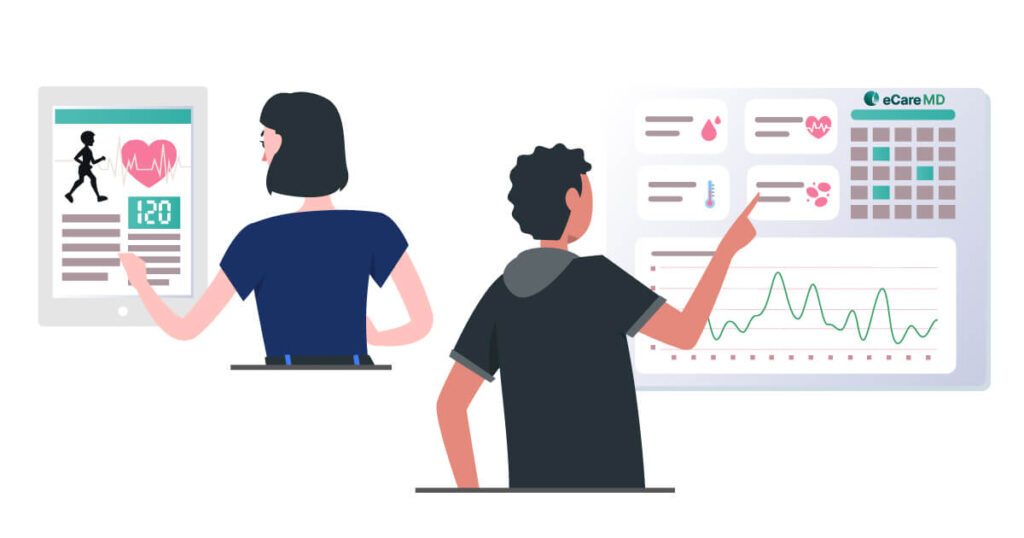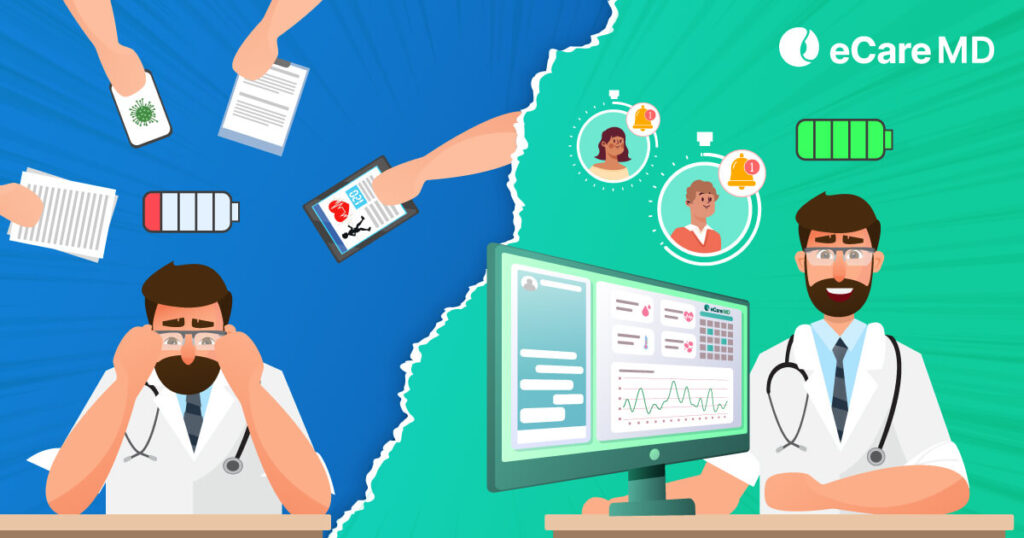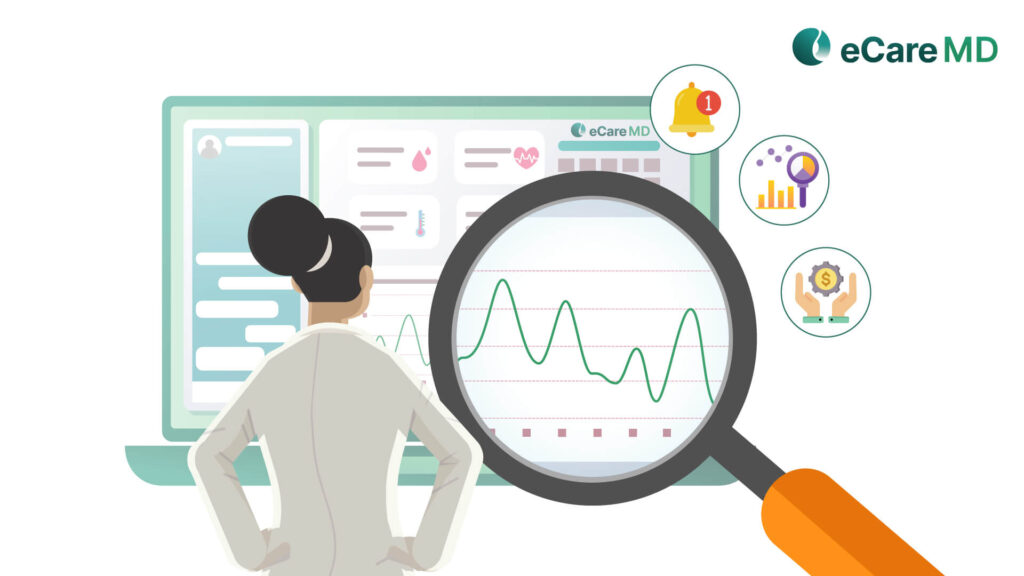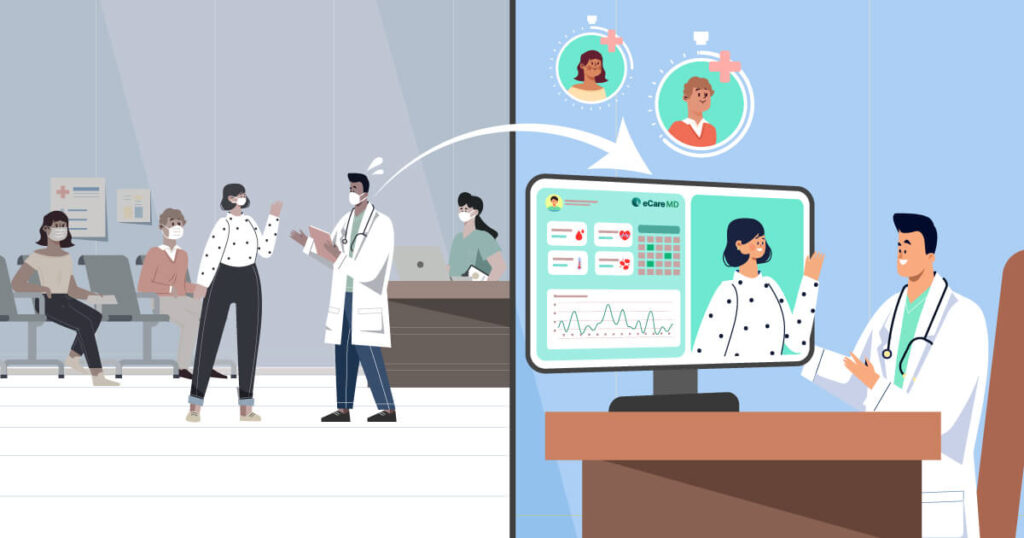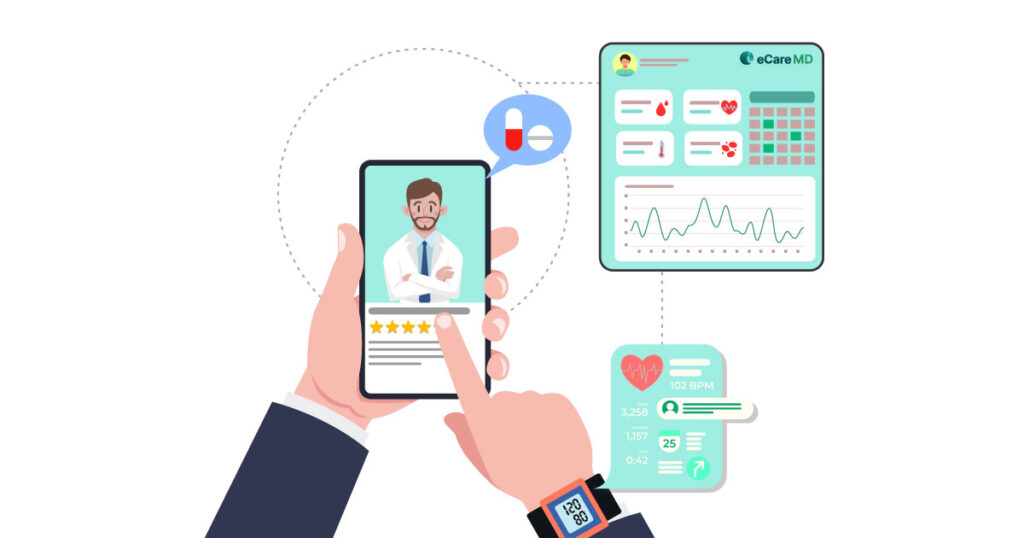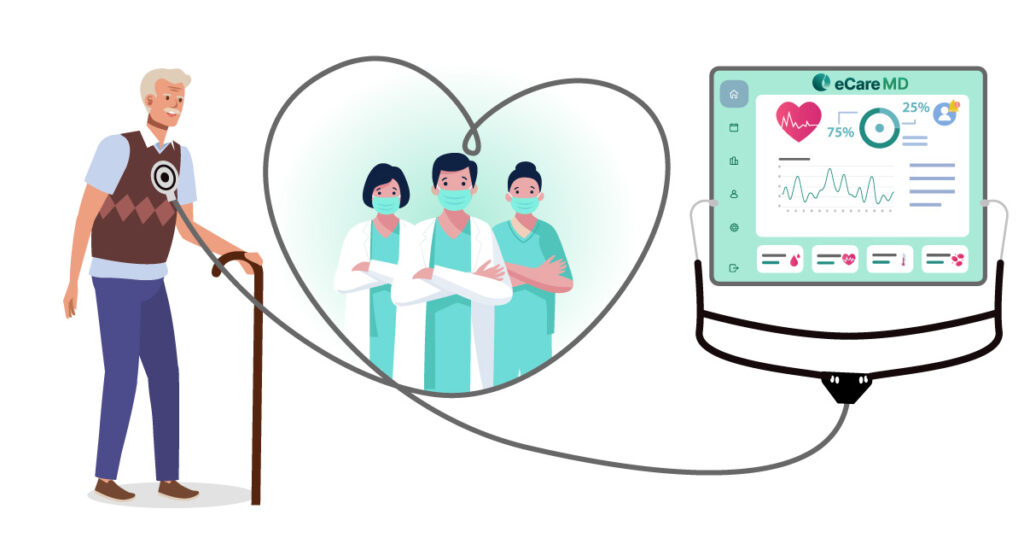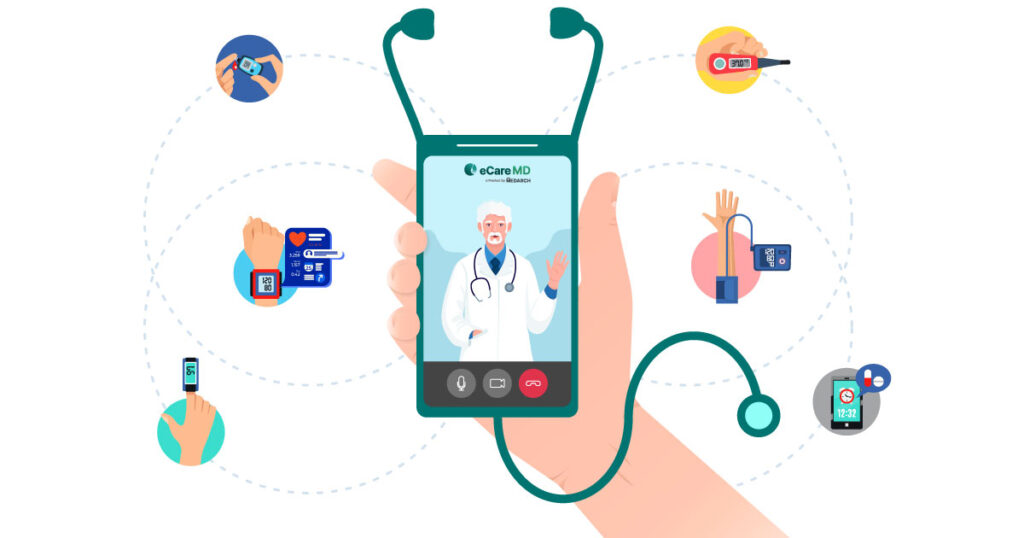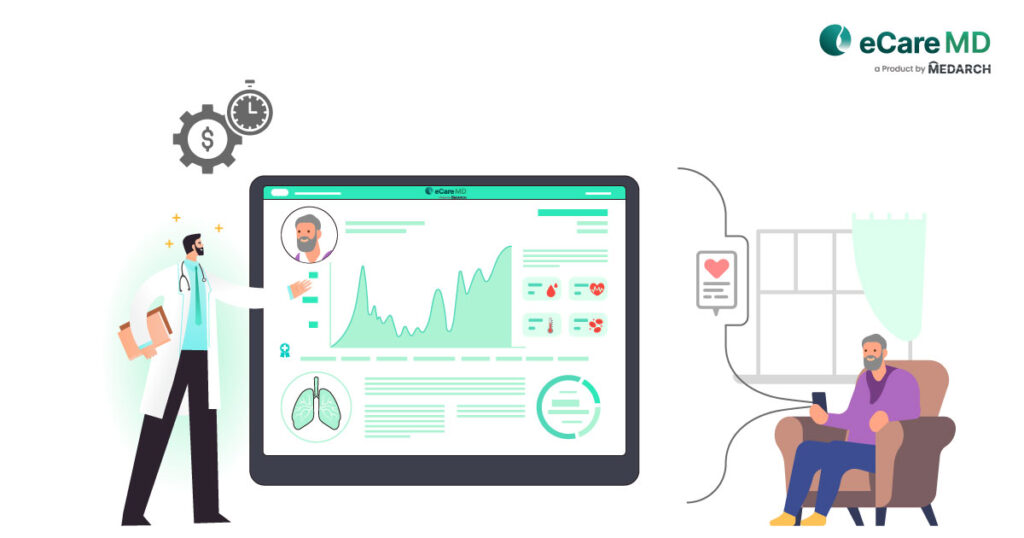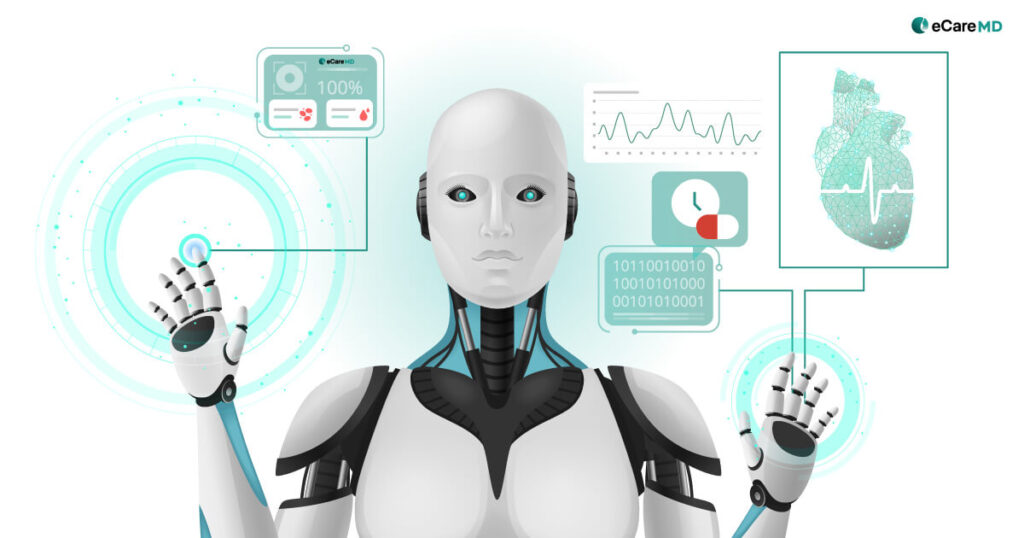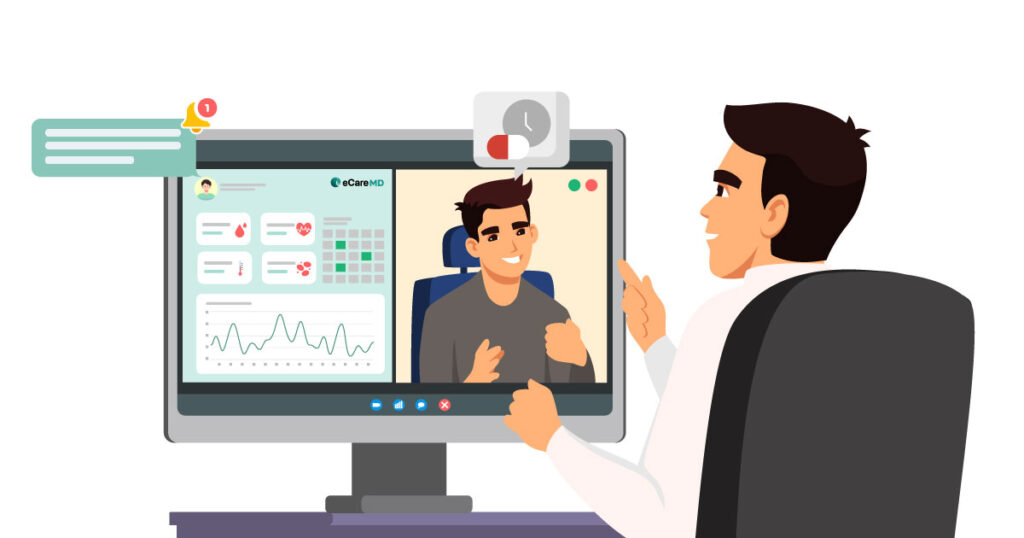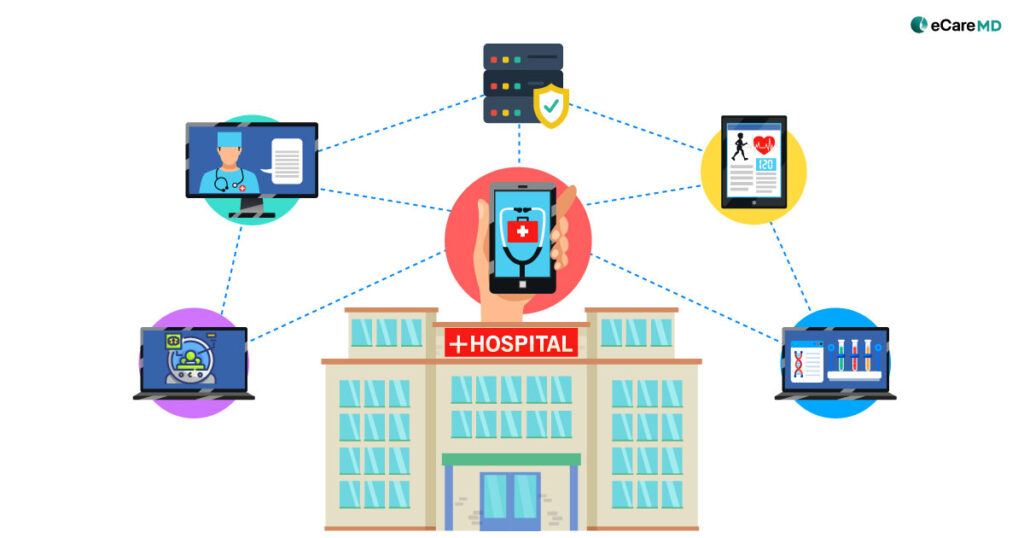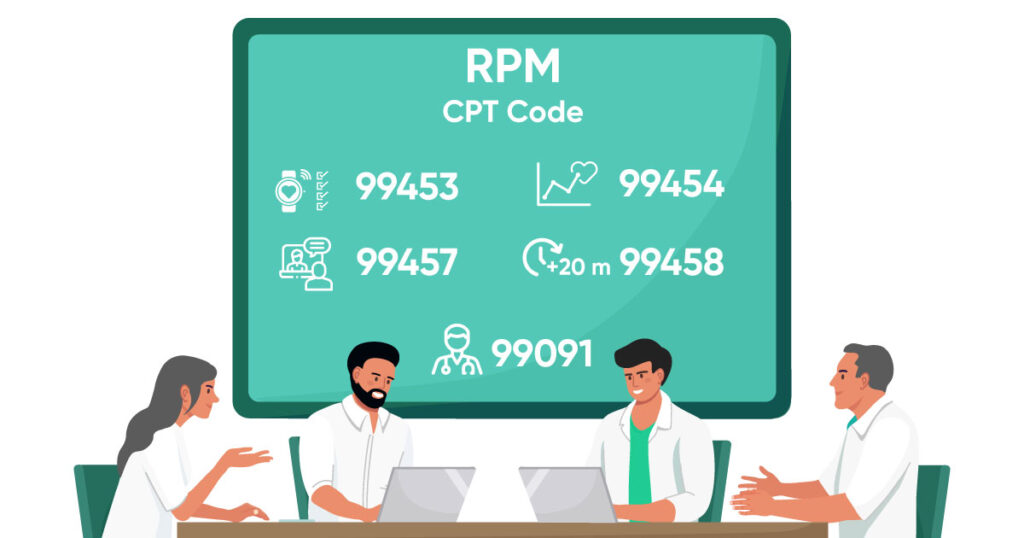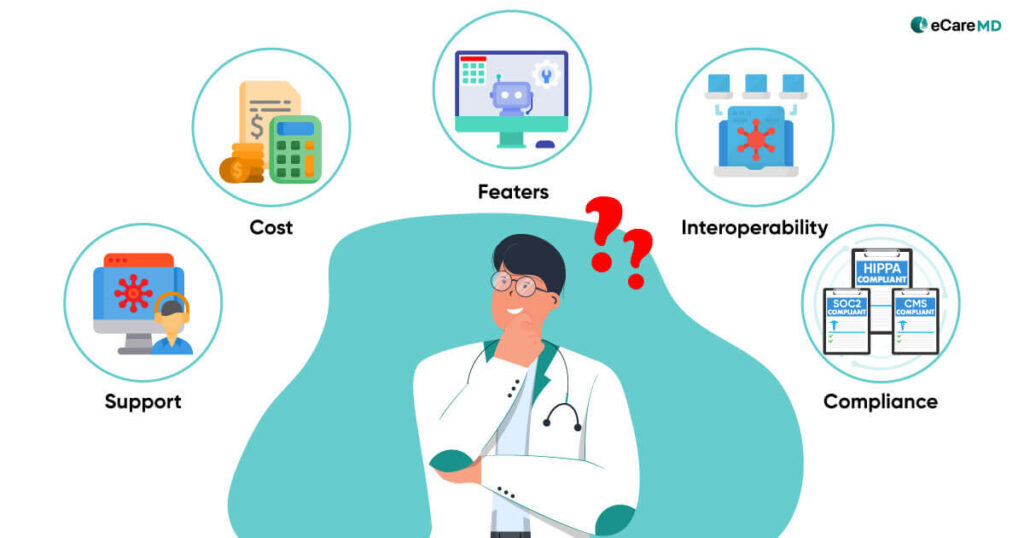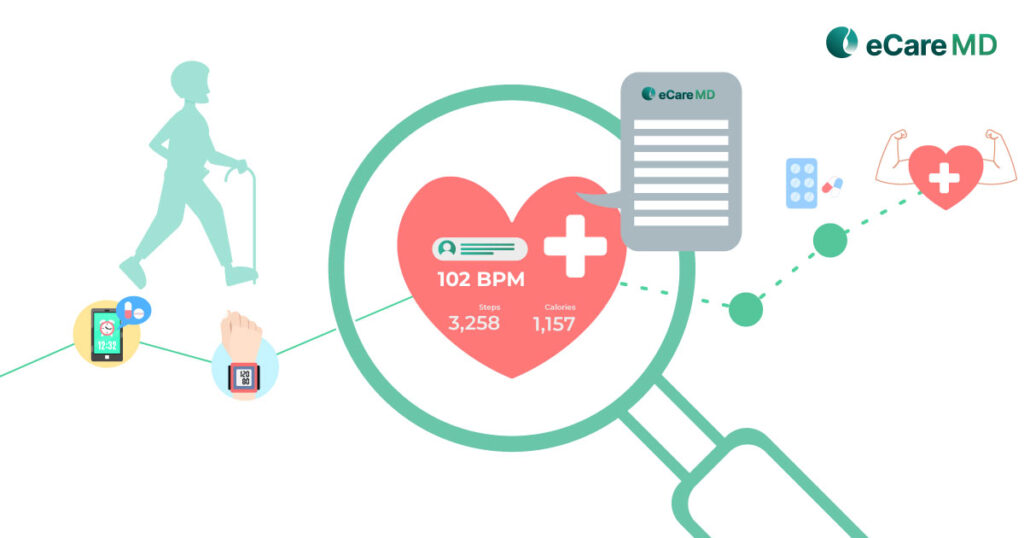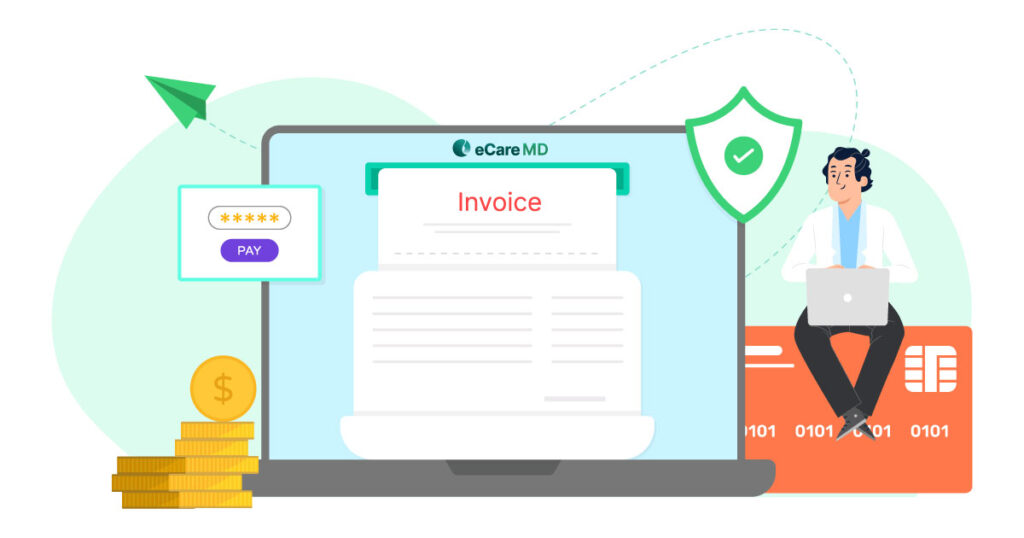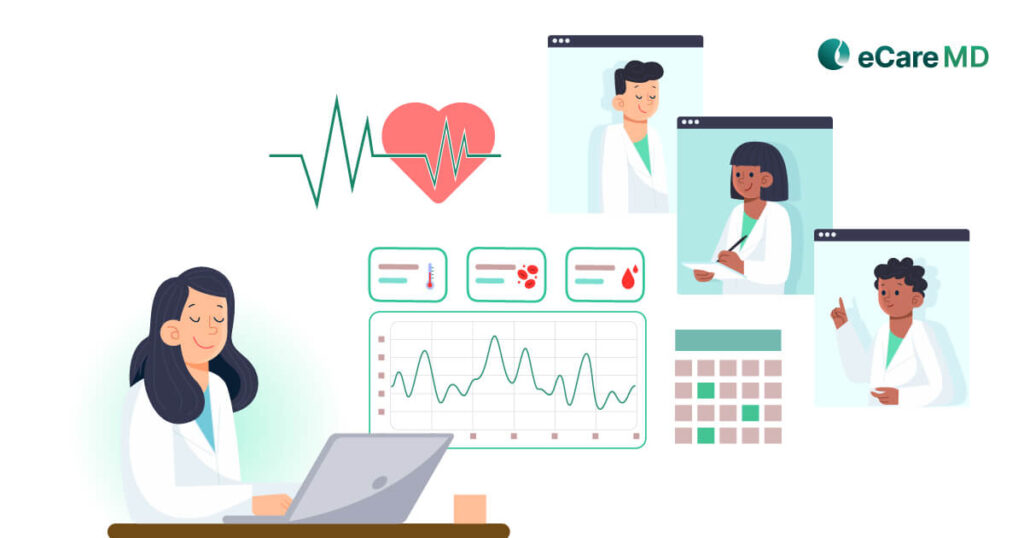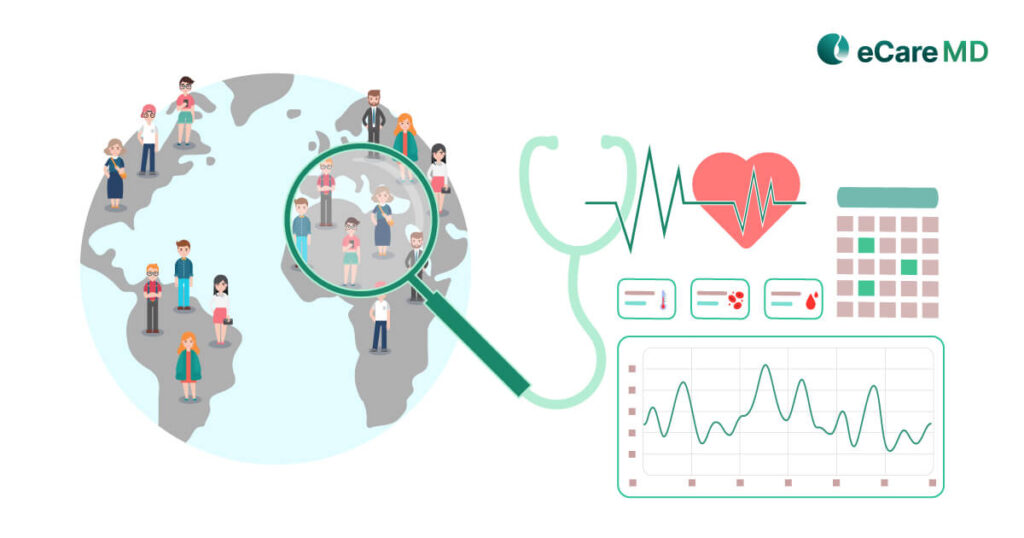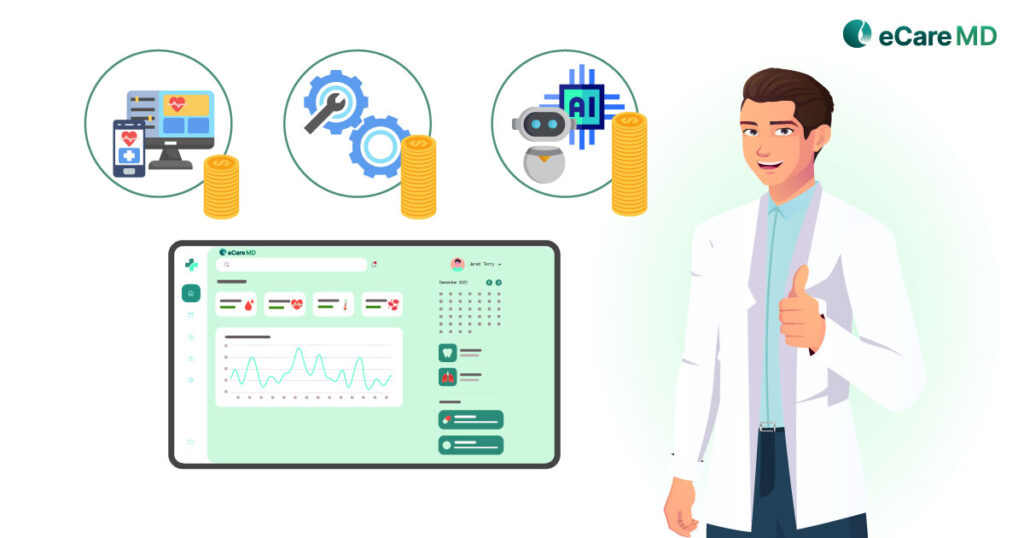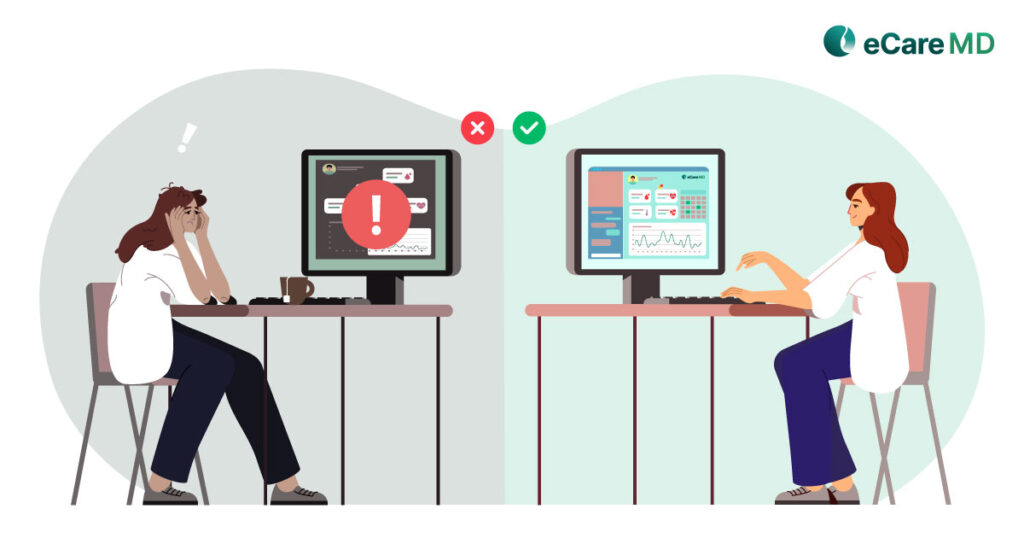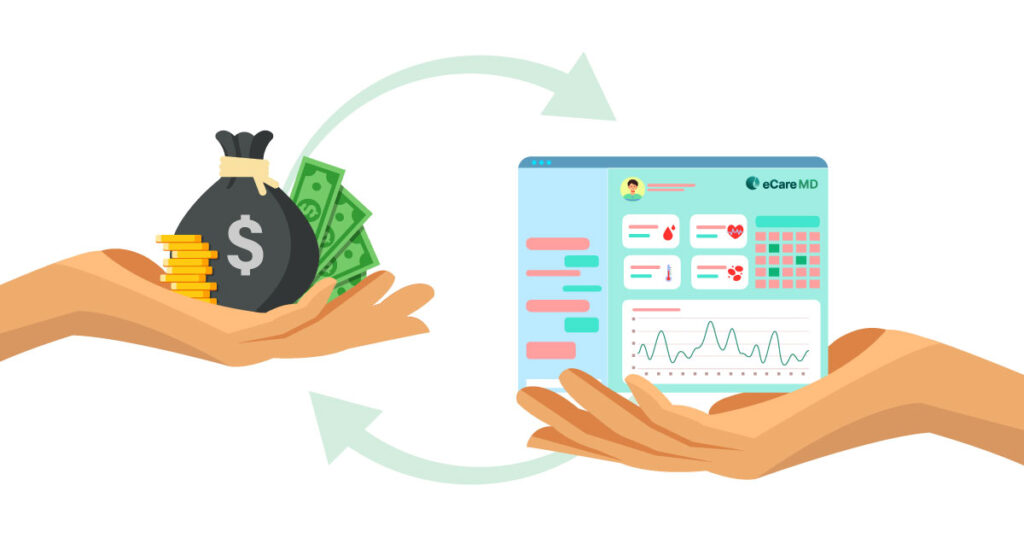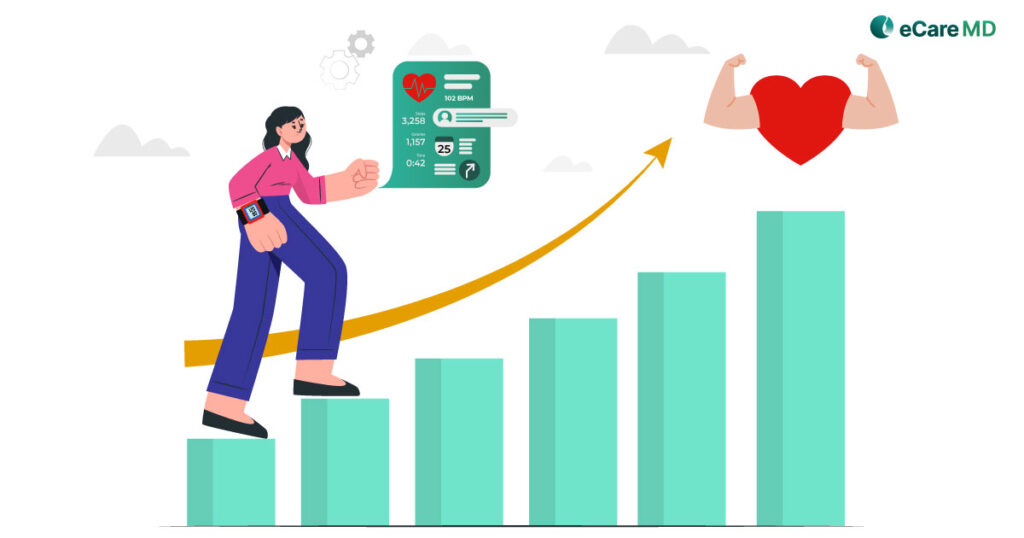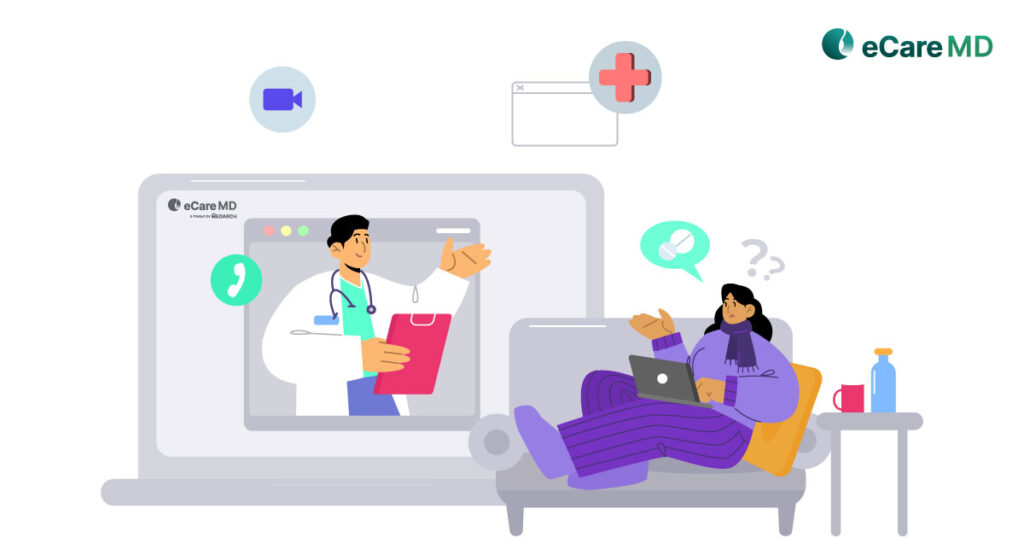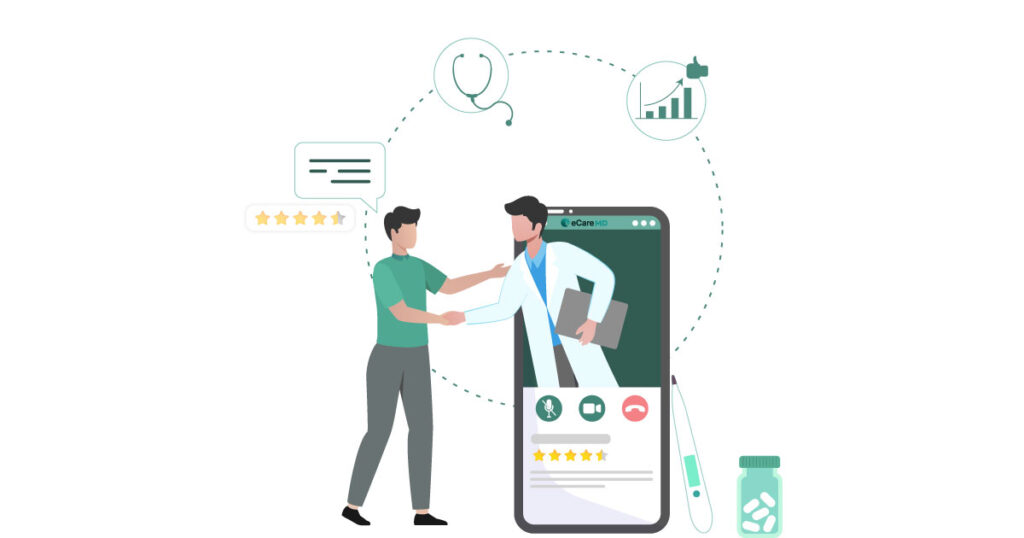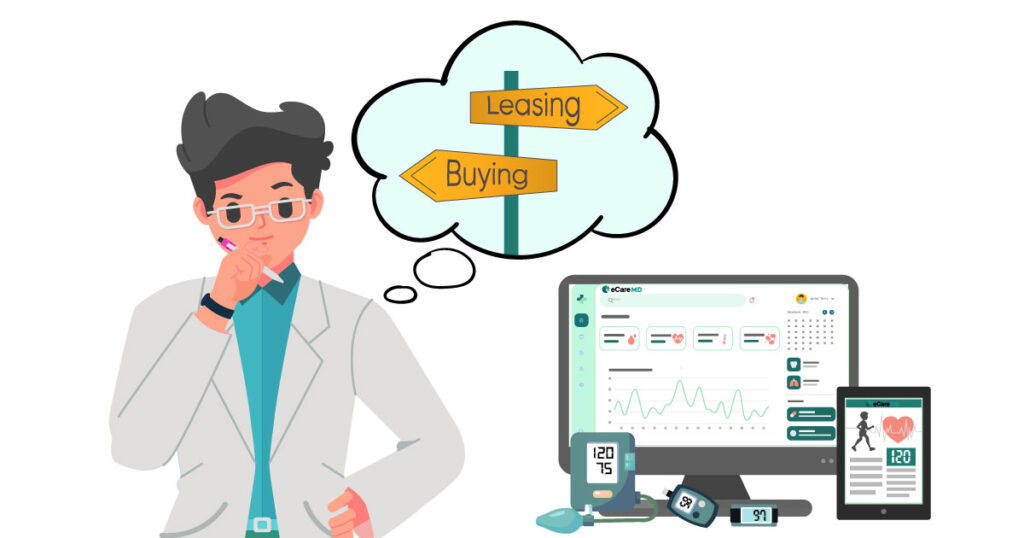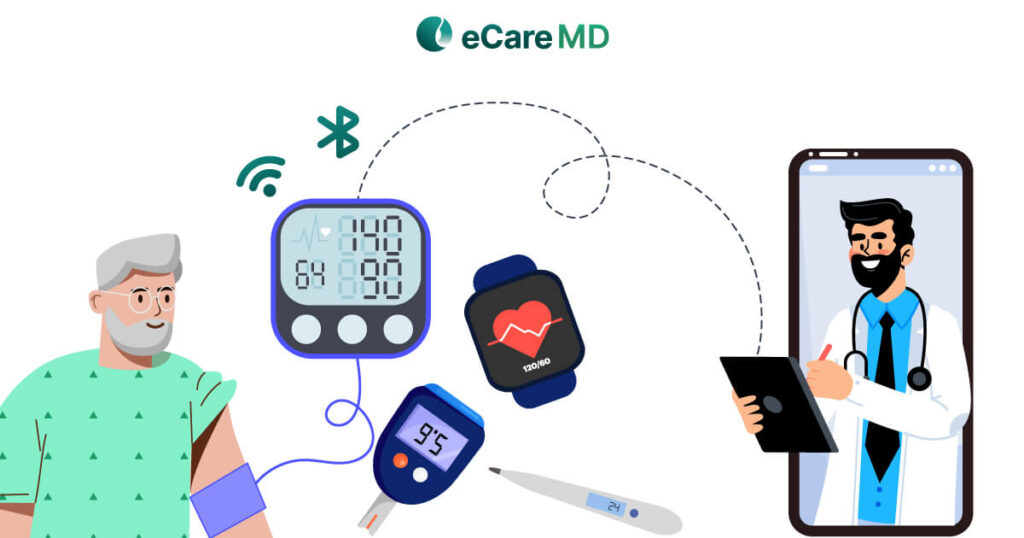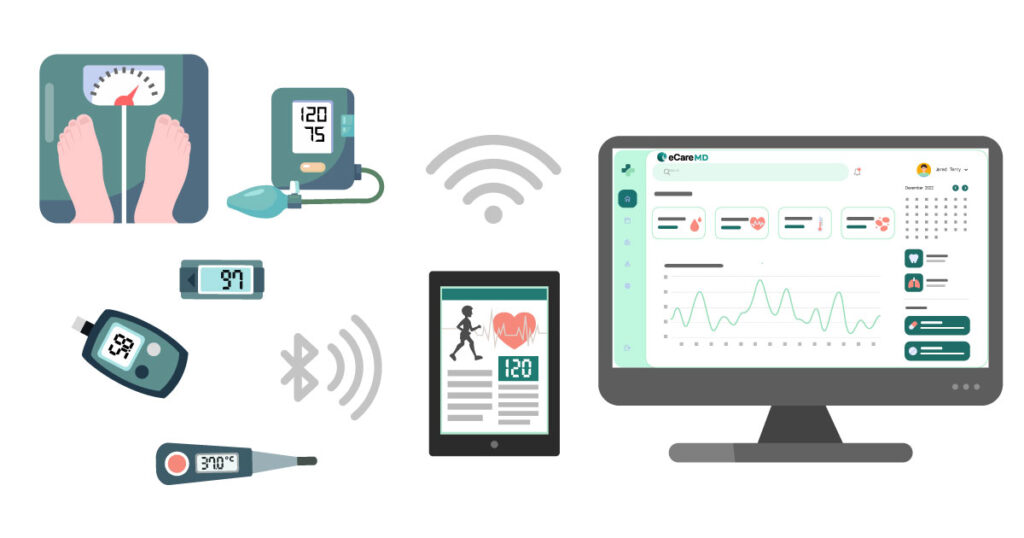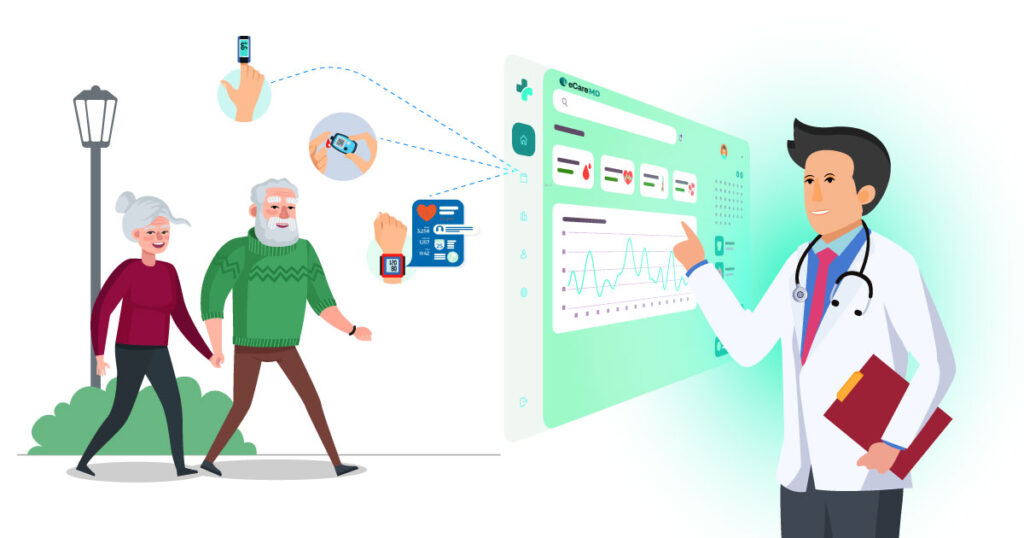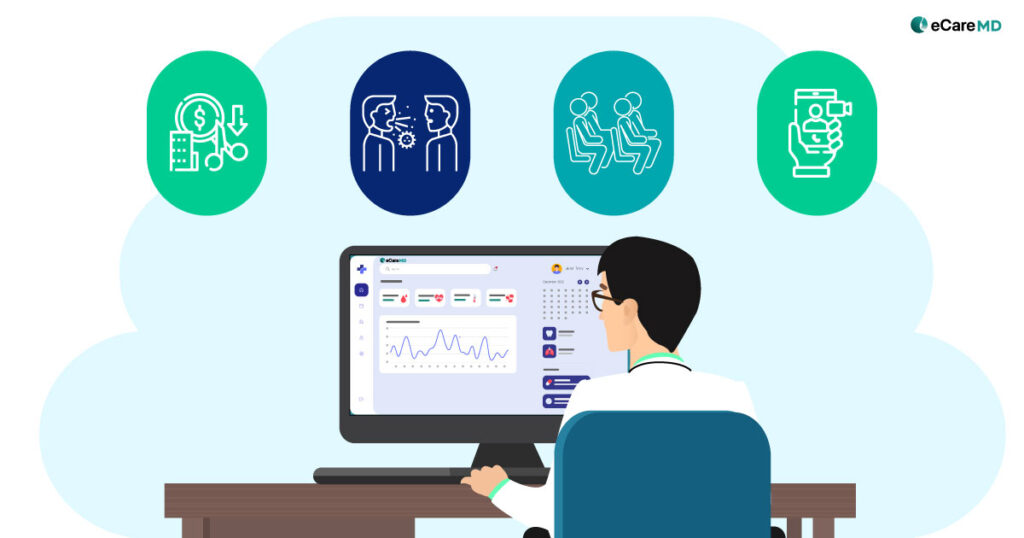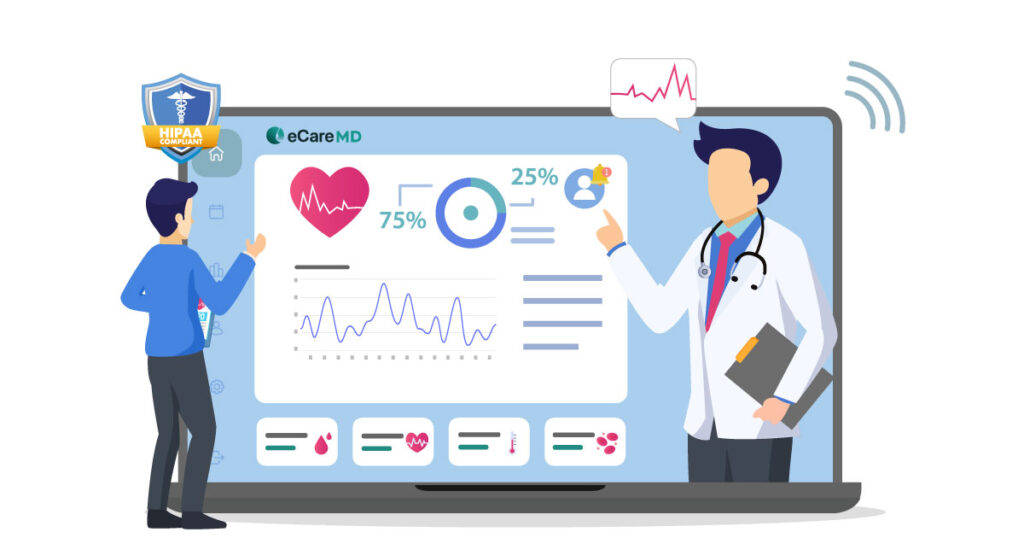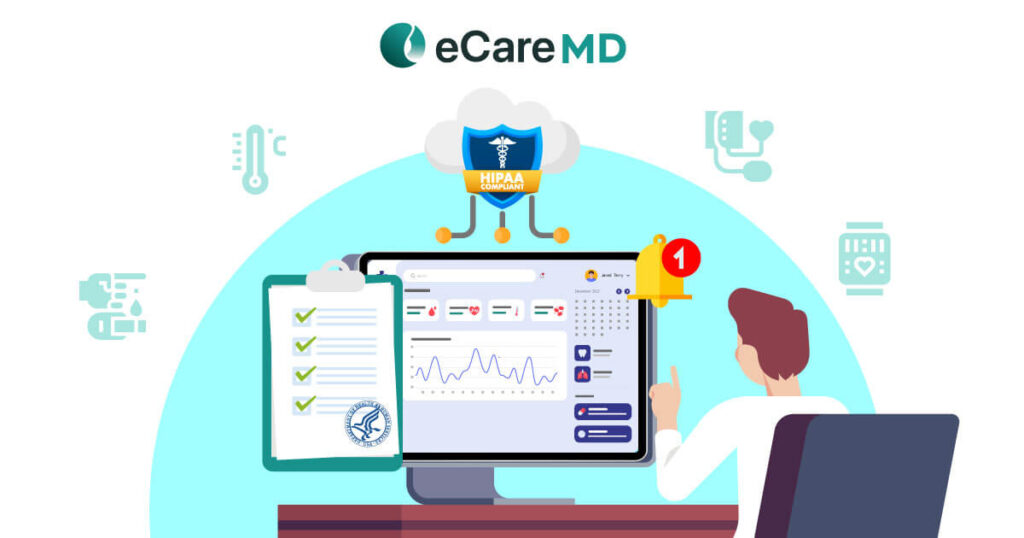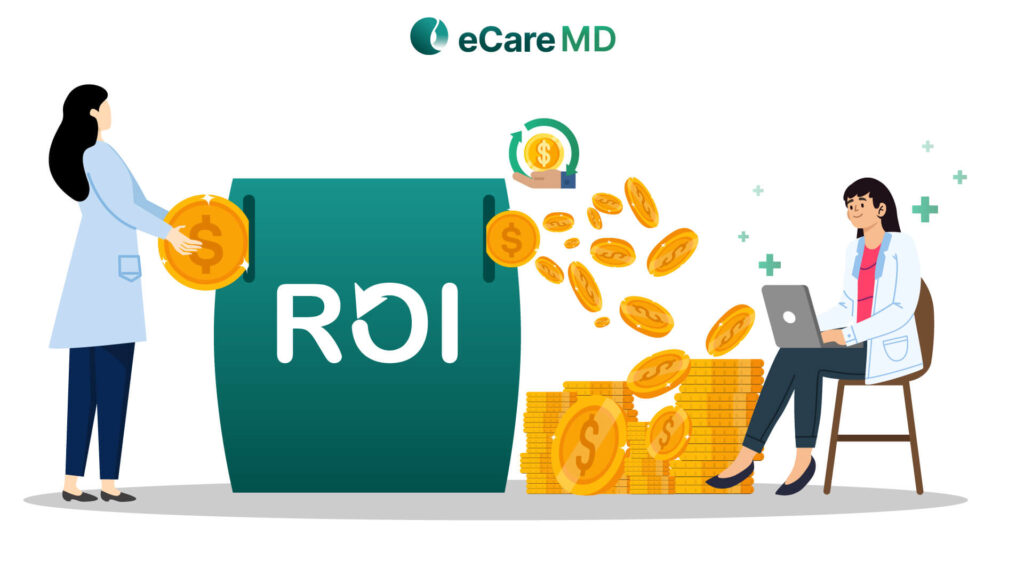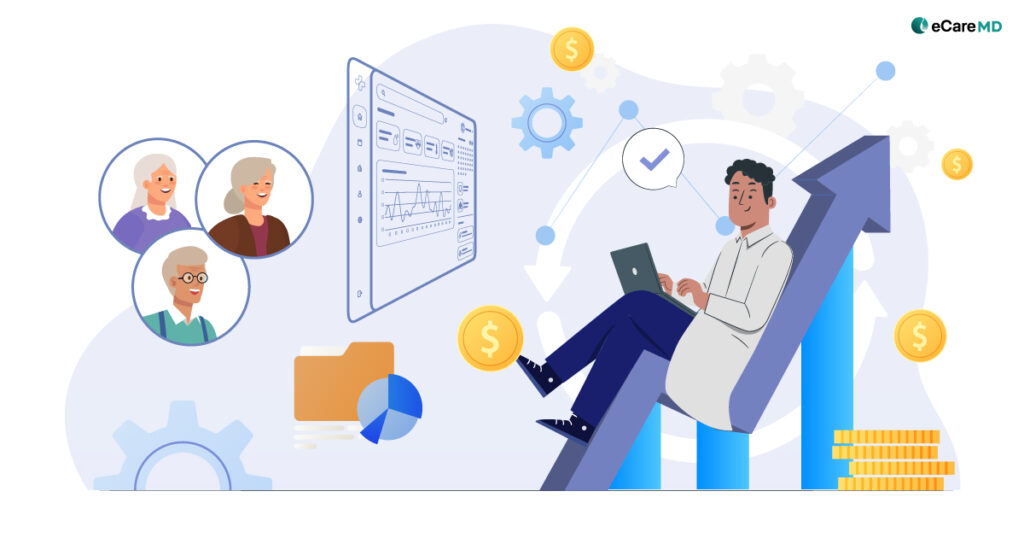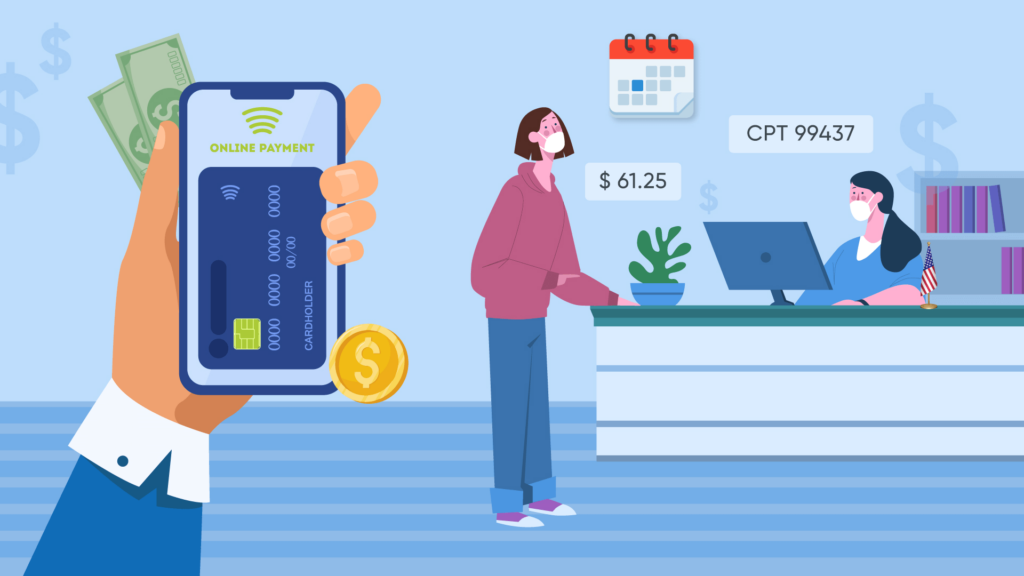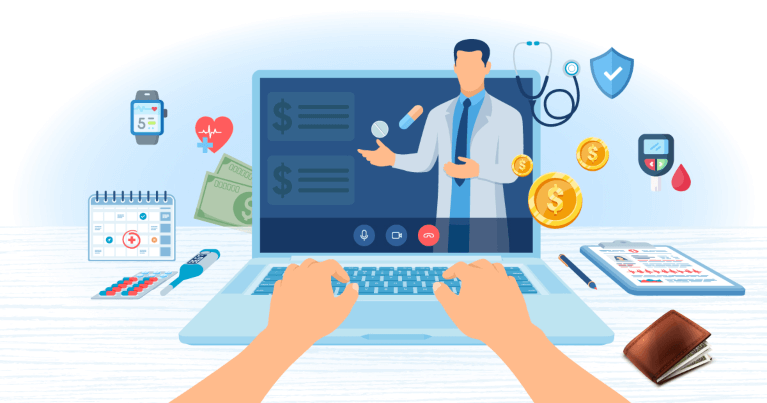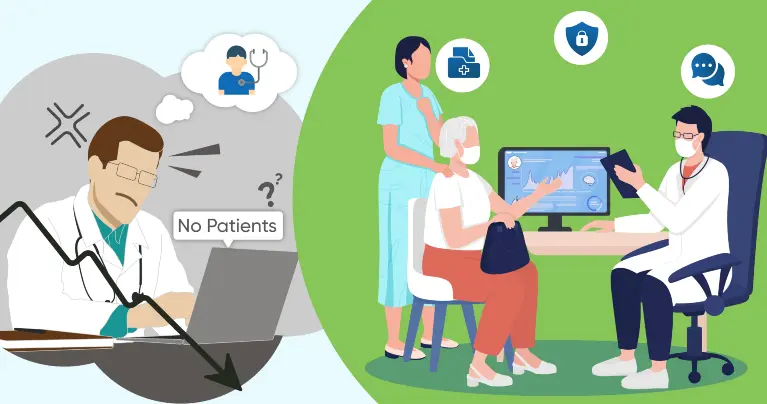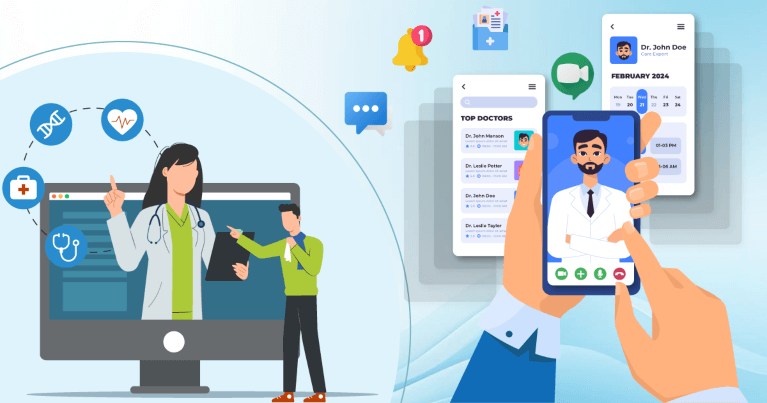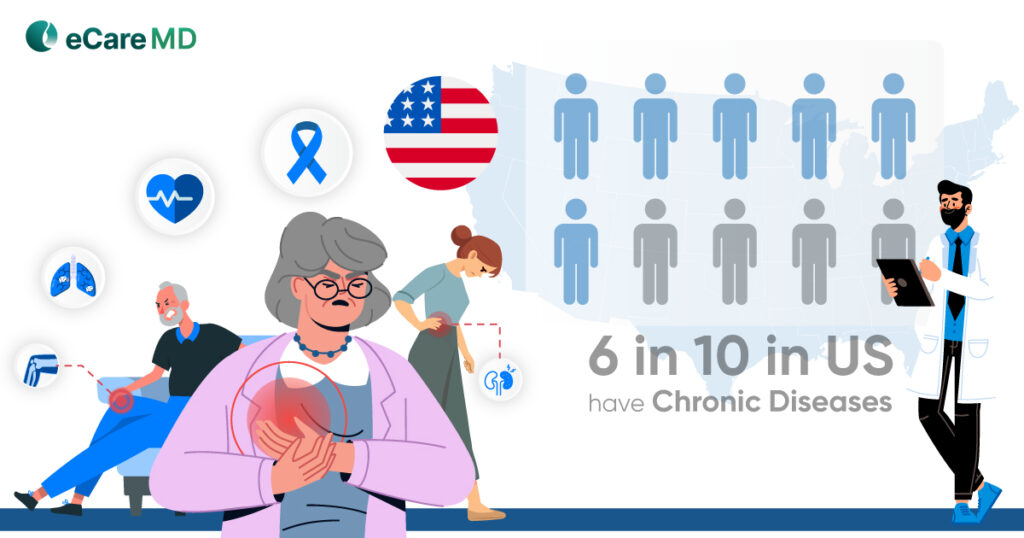Here, PCM software makes it possible and provides healthcare professionals with the right tools to equip them to provide effective and continuous care. But, as technology advances, so do the concerns for data security and privacy. This is where HIPAA compliance becomes crucial, and it ensures that your data is kept secure and private.
But, what is HIPAA compliance?
HIPAA, or Health Insurance Portability and Accountability Act, sets national standards for protecting sensitive patient data. This ensures that Protected Health Information (PHI) is kept safe from cyber attacks, unauthorized access, or any external influence. Along with this, it sets regulations for the disclosure and use of the PHI without the patient’s consent.
But, as it comes to intersecting HIPAA compliance and PCM software, it becomes quite challenging to do so, and can lead to non-compliance or poor compliance. However, this not only creates regulatory issues but also results in financial and ethical concerns.
When it comes to Principal Care Management (PCM) software, HIPAA compliance isn’t optional, it is essential. With sensitive data stored in the digital systems, understanding the key HIPAA regulations is crucial for protecting sensitive health information and avoiding costly penalties.
HIPAA is mainly built on three major rules that define the rules and regulations while setting the national standards for protecting the Protected Health Information (PHI). Let’s see what those rules are:
The PCM software handles electronic Protected Health Information (ePHI), making HIPAA compliance a top priority. To meet these standards, the software must incorporate data encryption, role-based access controls, and audit trails to track all interactions with patient records. These measures help prevent breaches and ensure accountability in managing sensitive health data.
Additionally, healthcare organizations must establish Business Associate Agreements (BAAs) with PCM software vendors. This binds the vendor legally to follow HIPAA regulations, and makes them responsible in case of data breach or cyber attacks.
With the HIPAA compliant principal care management software, it becomes much easier to protect patient data and follow HIPAA compliance effectively. However, if your PCM software does not have some features that are necessary for bringing HIPAA compliance, then it becomes a nightmare.
So, let’s see what these key features are that make a PCM software, HIPAA-compliant principal care management software:
HIPAA compliant Principal Care Management (PCM) software plays a vital role in strengthening patient data security by centralizing information and enforcing standardized security measures. Unlike scattered paper records or unsecured digital files, a centralized PCM platform reduces the risk of fragmented and improperly protected patient data.
With all electronic Protected Health Information (ePHI) stored in a secure, unified system, healthcare providers can better control access, track changes, and prevent unauthorized exposure. Beyond secure storage, patient data security principal care management software enhances data protection with real-time monitoring and security alerts, detecting potential breaches before they escalate.
Standardized workflows and access protocols ensure that every user follows the same security best practices, minimizing human errors that could lead to data leaks. Additionally, improved communication and detailed documentation within the platform allow providers to track who accessed patient records and when, ensuring full visibility and accountability in data handling.
Implementation of PCM software while staying HIPAA compliant comes with its own set of challenges, particularly in secure data sharing. As healthcare providers need to share patient data quite frequently, sharing the patient data without proper safeguards can be risky. So, the secure principal care management software must ensure that data is properly encrypted and only authorized persons can access the data. Standardizing the format with HL7 and FHIR also makes data sharing smooth and without any hurdles from one provider system to another.
Moreover, the healthcare compliances change as new cyber threats emerge or there are new advancements in technology. So, keeping up with the changes in healthcare compliance can be hard and result in data breaches. To avoid this, using a HIPAA compliant principal care management software that can be customized according to the changing compliance can be an effective solution.
To ensure that your healthcare practices are HIPAA compliant and keep the patient data secure, proper staff training is also crucial. Because if your staff know about the proper data handling and best practices to ensure data integrity and security, protecting patient data becomes easier. This way, they are aware of threats like phishing attacks and know what to do to avoid the situation of data breaches and data loss.
Another best practice to ensure proper HIPAA compliance in PCM software is to conduct regular risk assessments and security audits. These risk assessments help you find if there are any loopholes in your security network, and you can fix them on time and avoid the risk of exploitation. Additionally, security audits make sure that only authorized personnel are accessing patient data, and that there are no unauthorized activities.
When you are developing a HIPAA compliant principal care management software, verifying that the vendor follows the HIPAA-compliant practices and processes is of the utmost importance. If the vendor is not HIPAA compliant, then you might encounter problems in effectively protecting the patient data. So, choosing a vendor that has expertise in healthcare data security and has worked on developing HIPAA-compliant software is the right choice.
And for verifying that, you need to review their security policies and procedures to ensure data security. You need to check what data encryption measures they are using and what access control measures they are using. This will tell you the effectiveness of the data protection capabilities of that vendor, and how secure principal care management software will be.
Along with this, you need to request a Business Associate Agreement (BAA), a legal contract that ensures that the vendor is responsible for complying with HIPAA regulations. Also, without a BAA, your organization could be held liable if the vendor mishandles sensitive information. So, make sure it’s in place before moving forward, and before commenting to the software vendor.
Investing in HIPAA compliant principal care management software does not just have short-term benefits; it comes with many long-term benefits. Using HIPAA-compliant software, it becomes easy to build trust with your patients and give them confidence that their data is secure. So, investing in HIPAA-compliant makes it much easier to build trust and confidence with new patients.
But, beyond building trust, it also saves you from the hefty fines and penalties that come with violation of HIPAA compliance. Data breaches lead to costly fines, reputation damage, and legal issues, but a secure PCM software saves you from all of this trouble. A secure and HIPAA-compliant software also helps you easily navigate the legal landscape.
Apart from this, a well-designed principal care management software improves the operational efficiency of healthcare practices. With features like automated documentation, secure and streamlined communication, and activity tracking, it increases the speed of procedures and reduces administrative burden.
Finally, secure principal care management software strengthens the overall security posture of your organization. By integrating strong cybersecurity measures and features that improve overall efficiency and security, your organization becomes stable for a long time with robust data protection.

